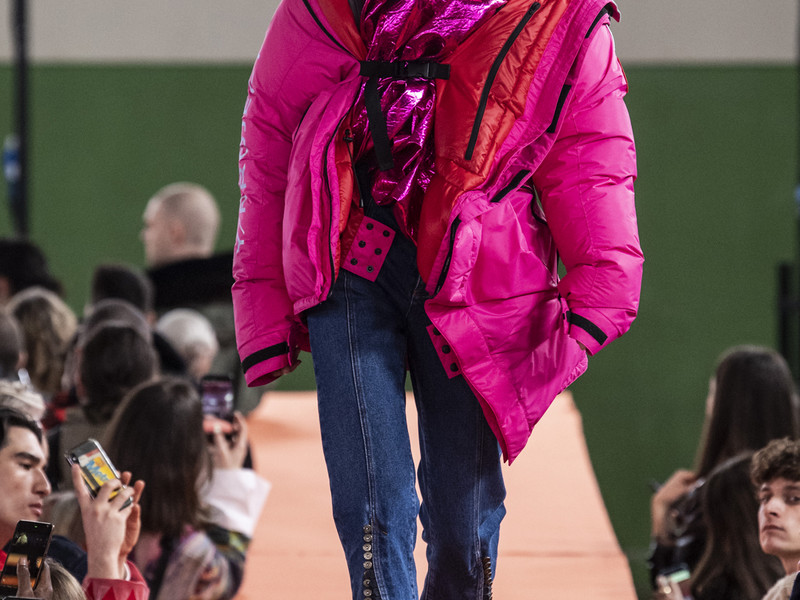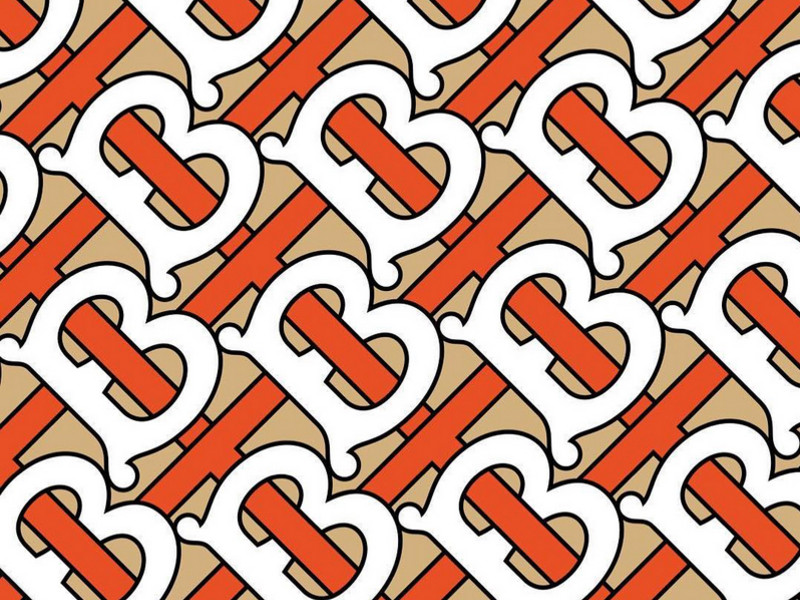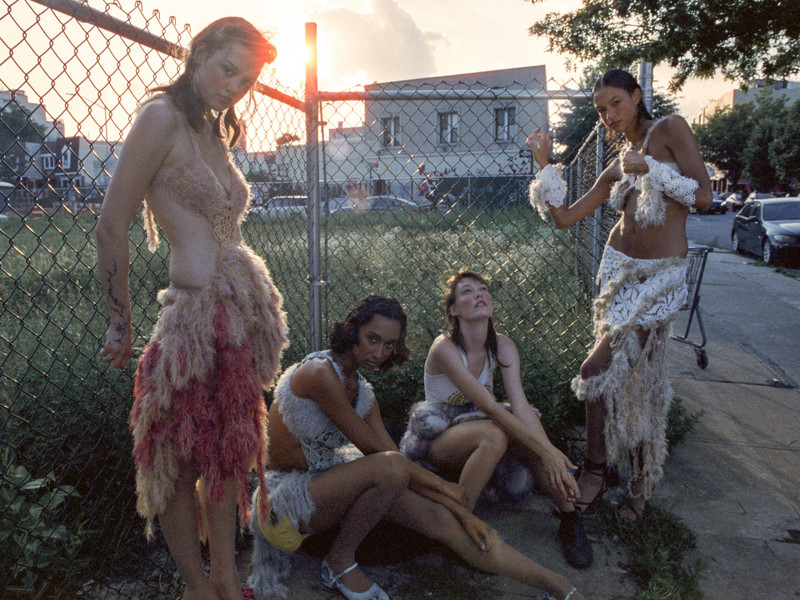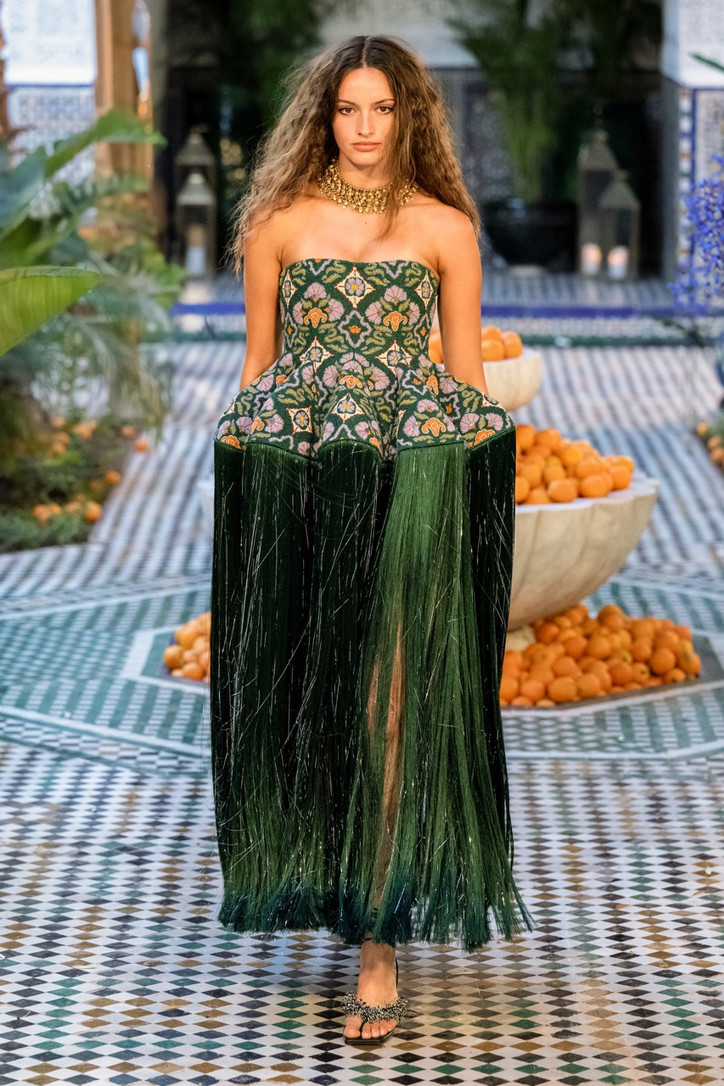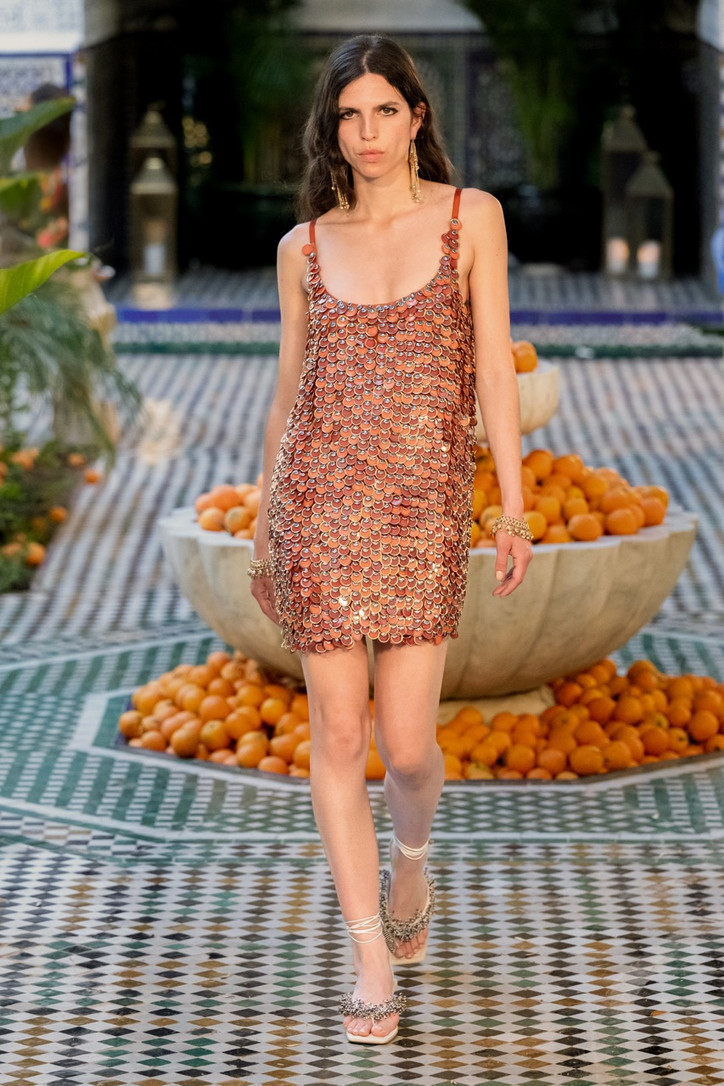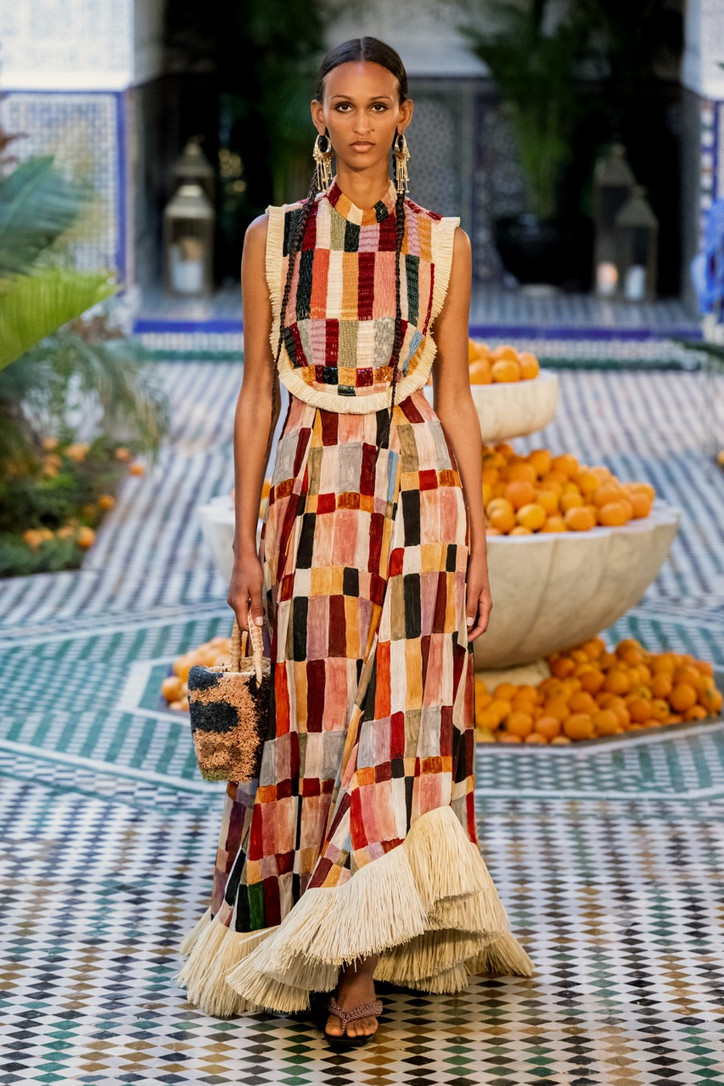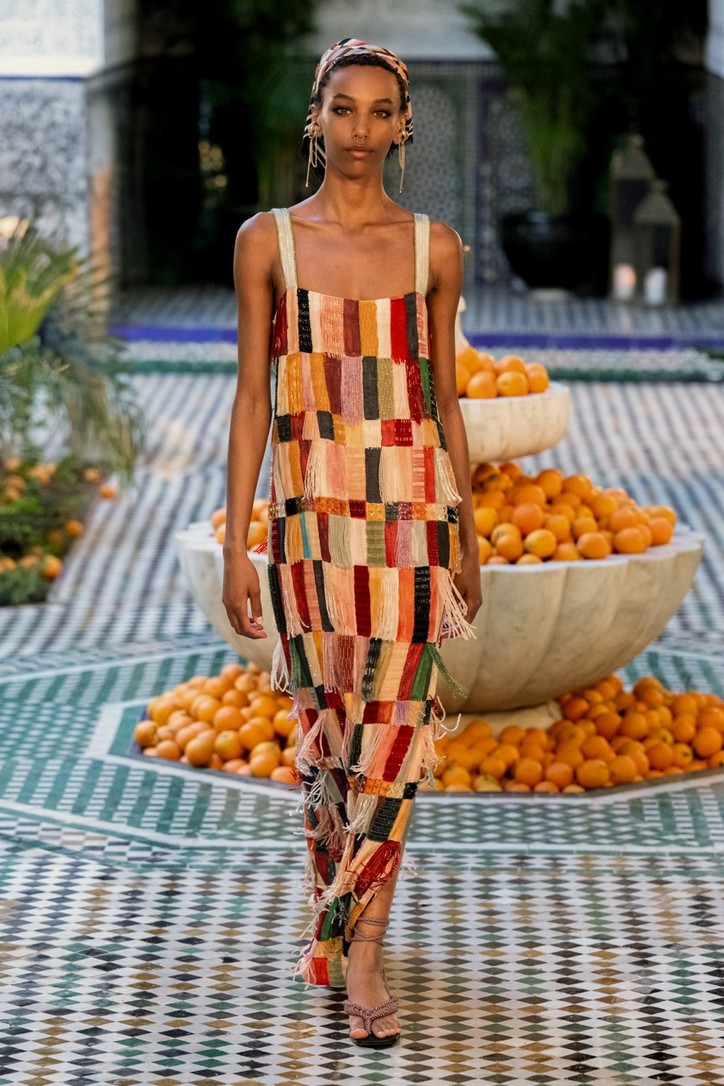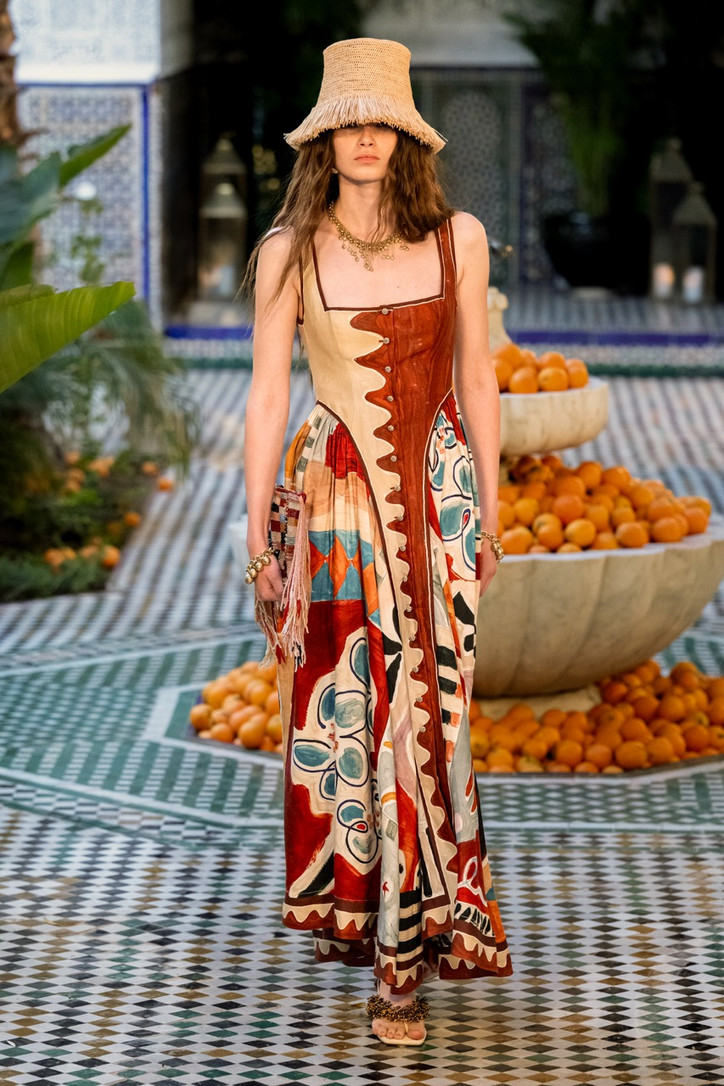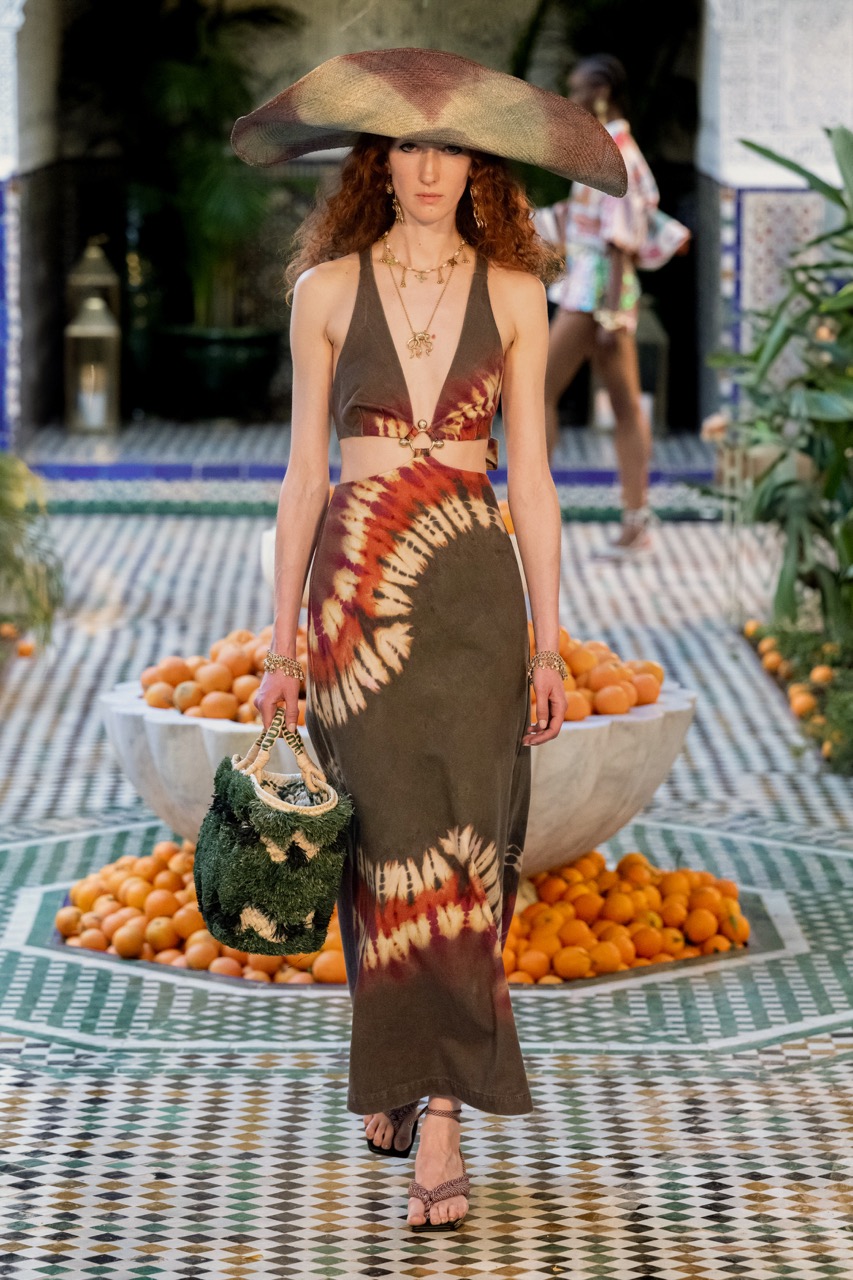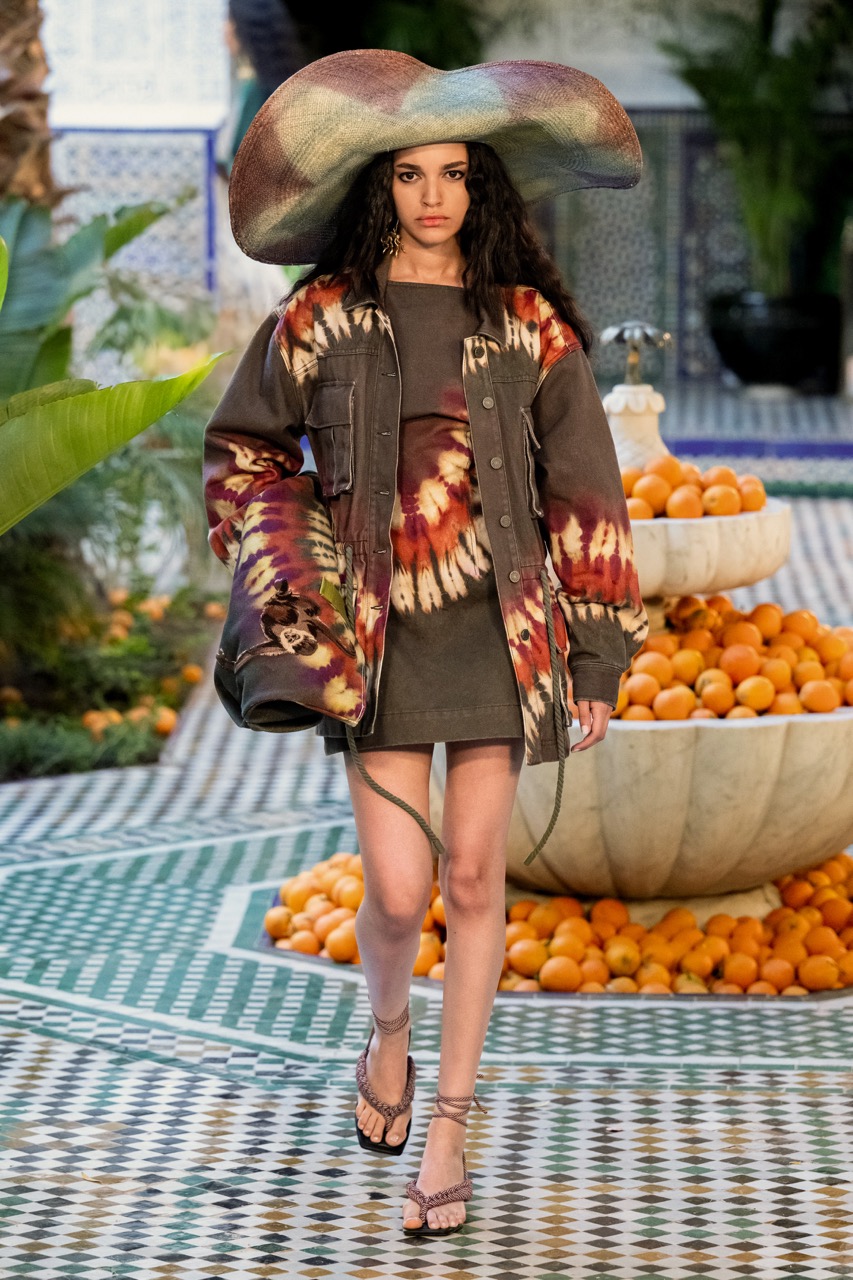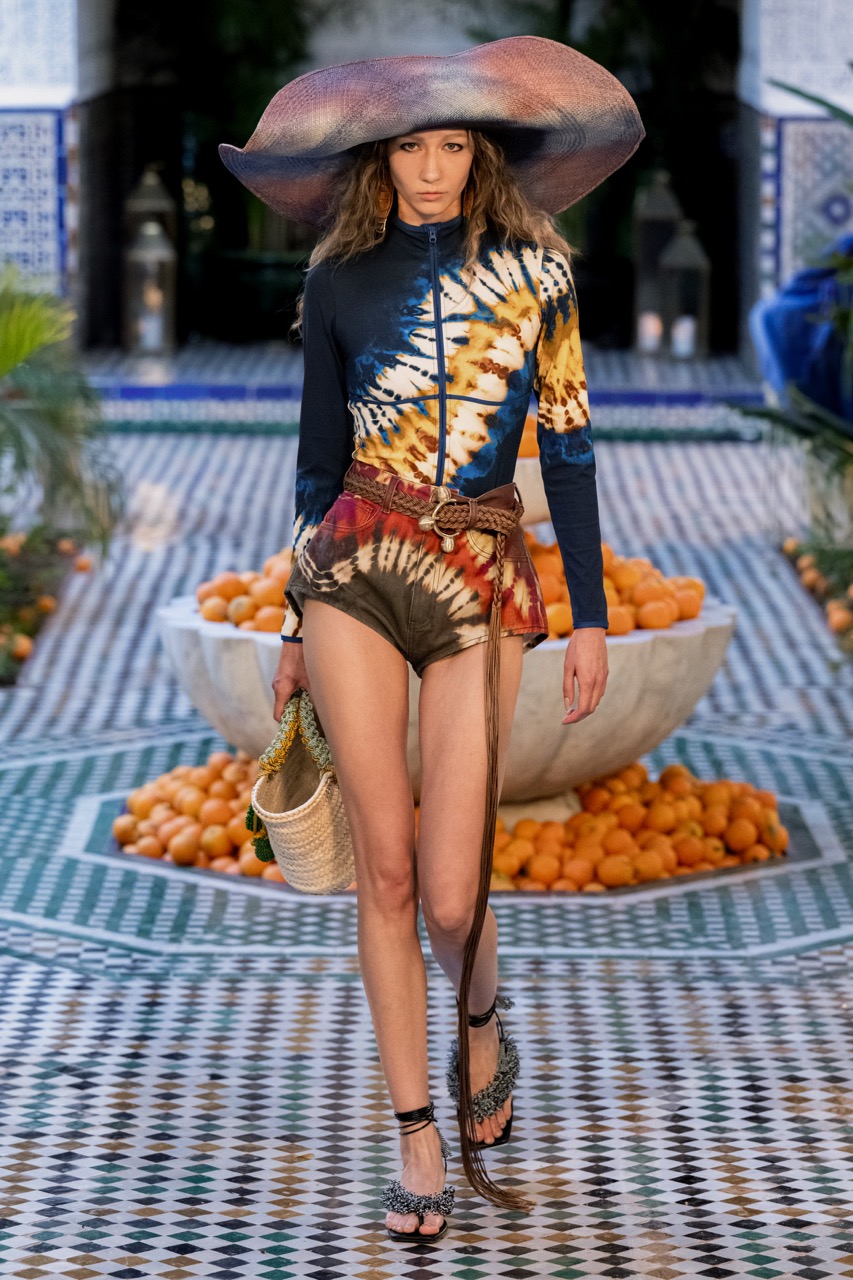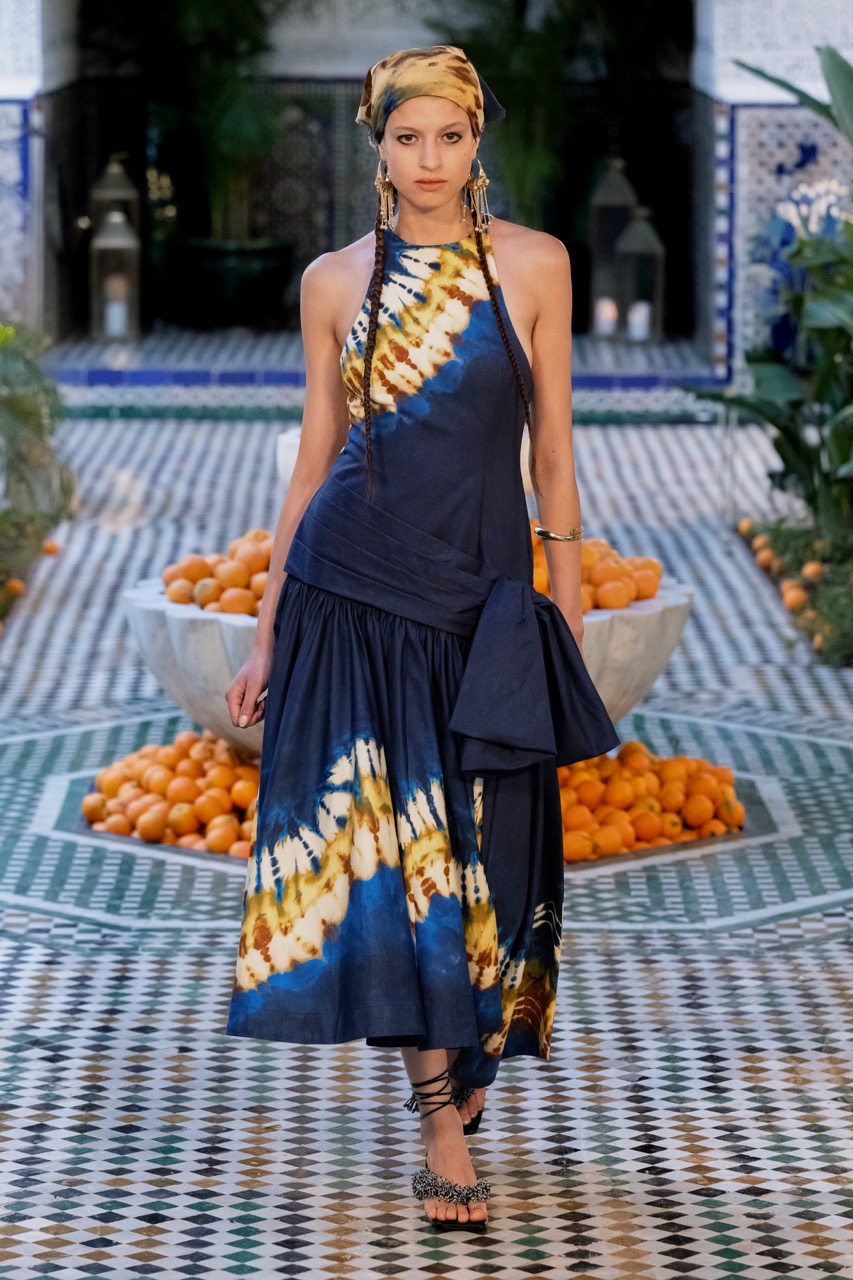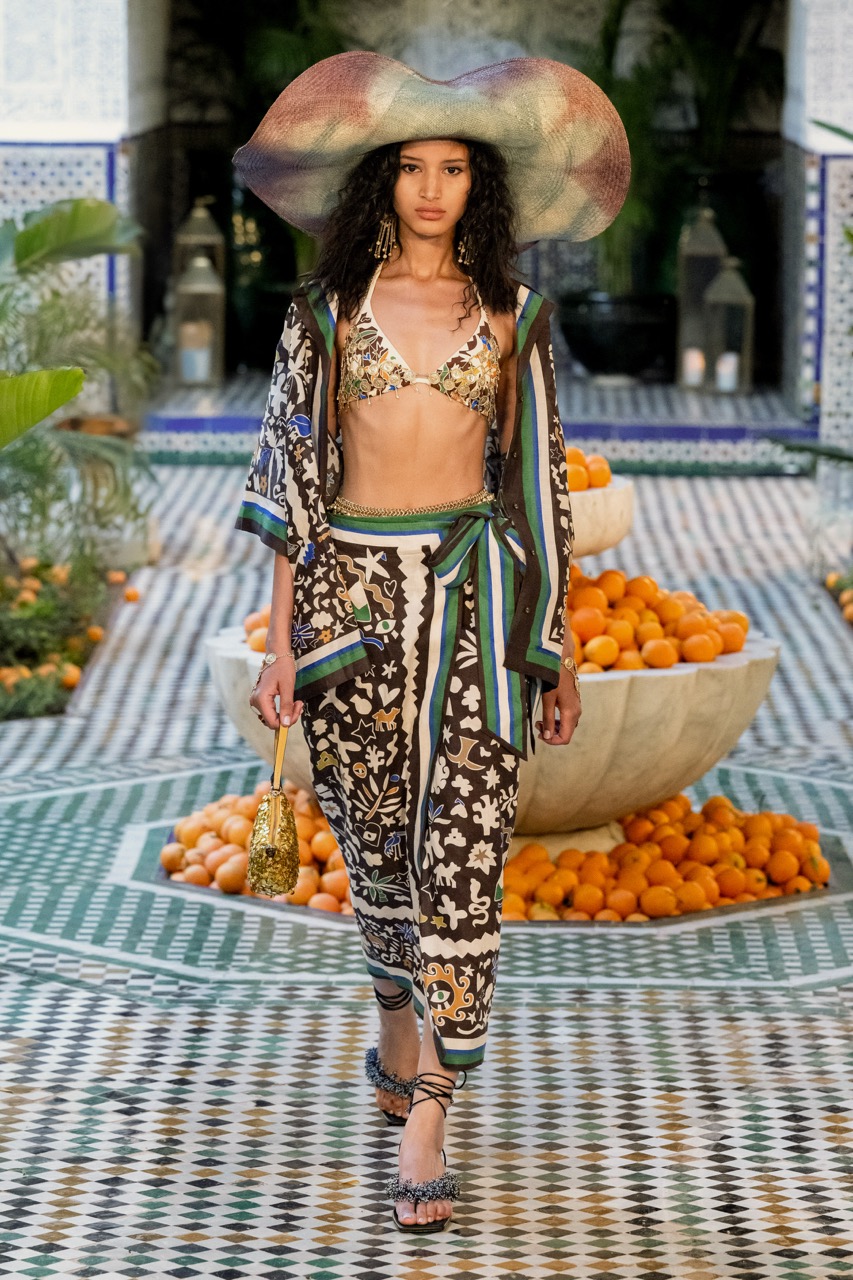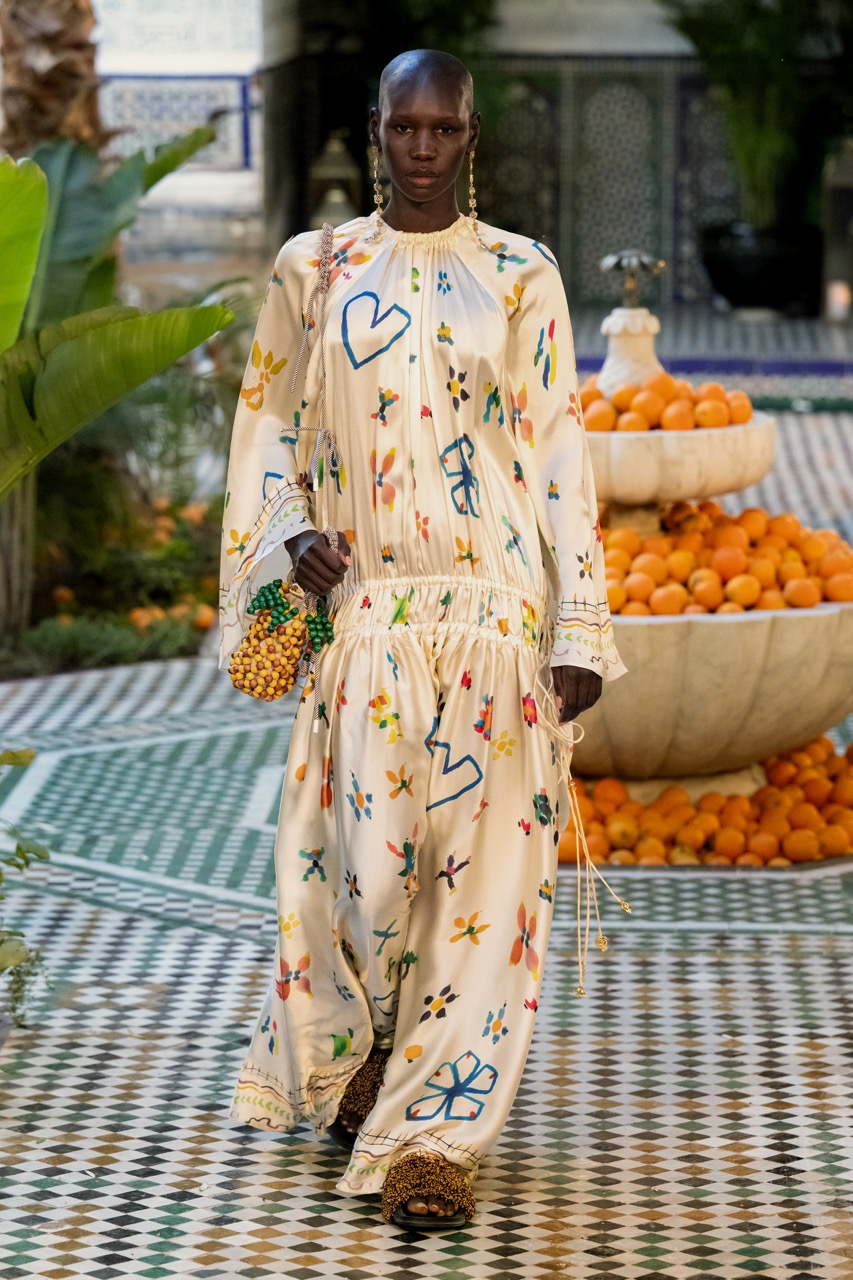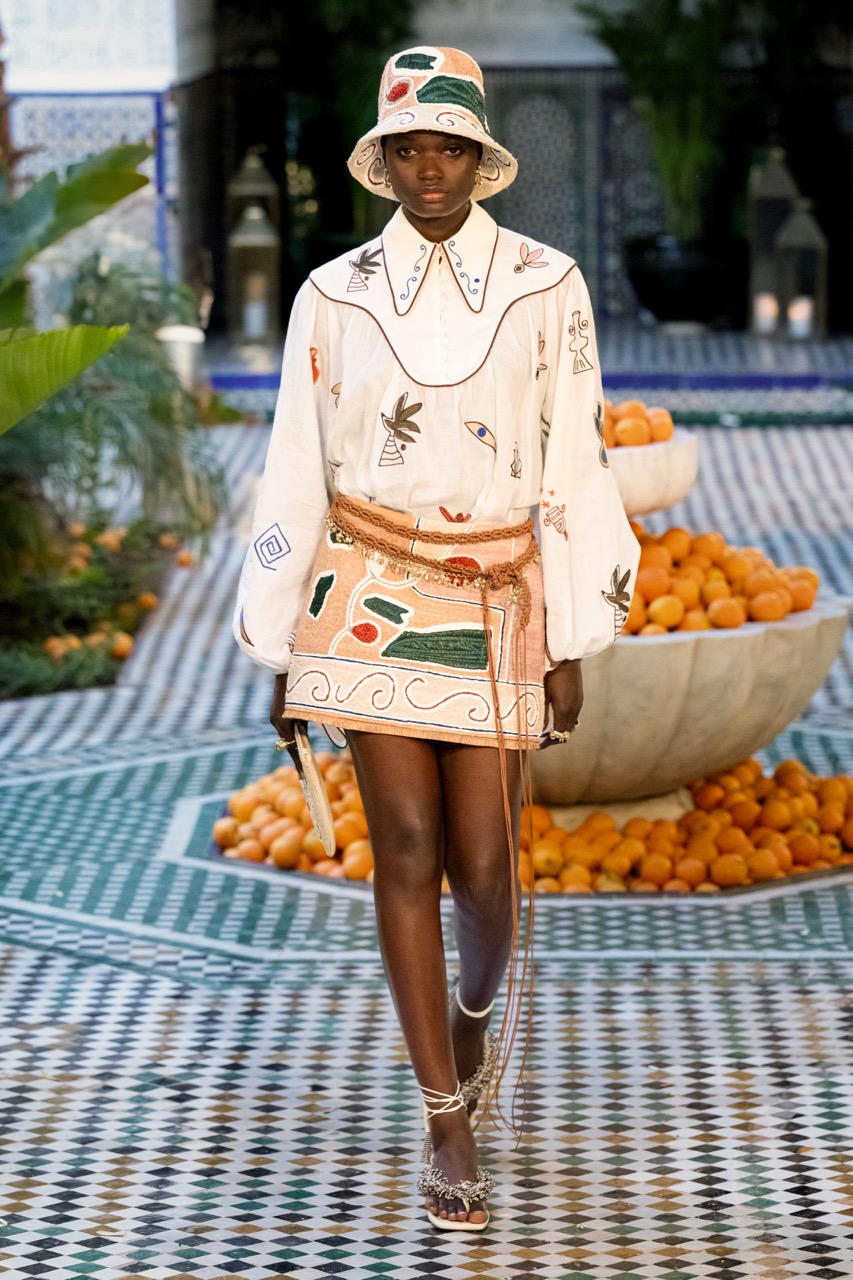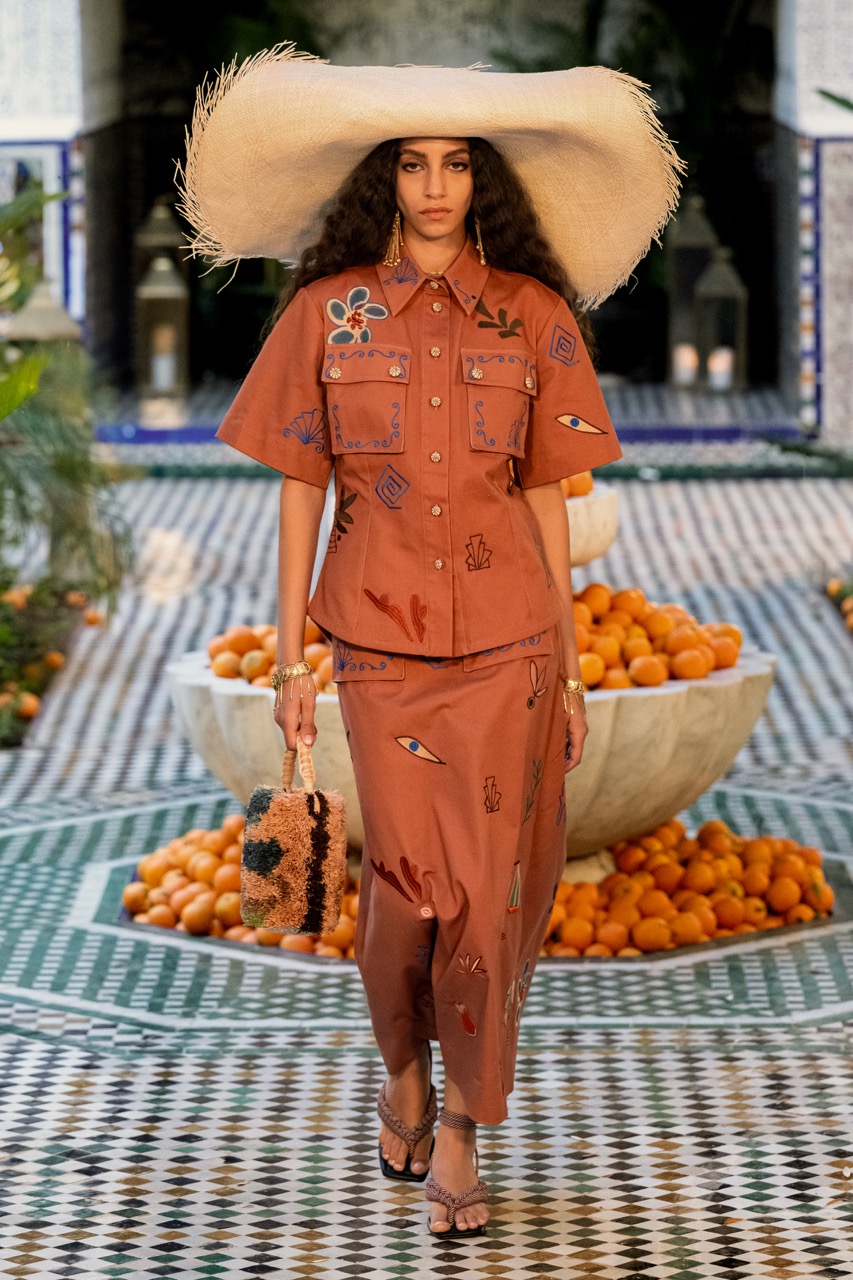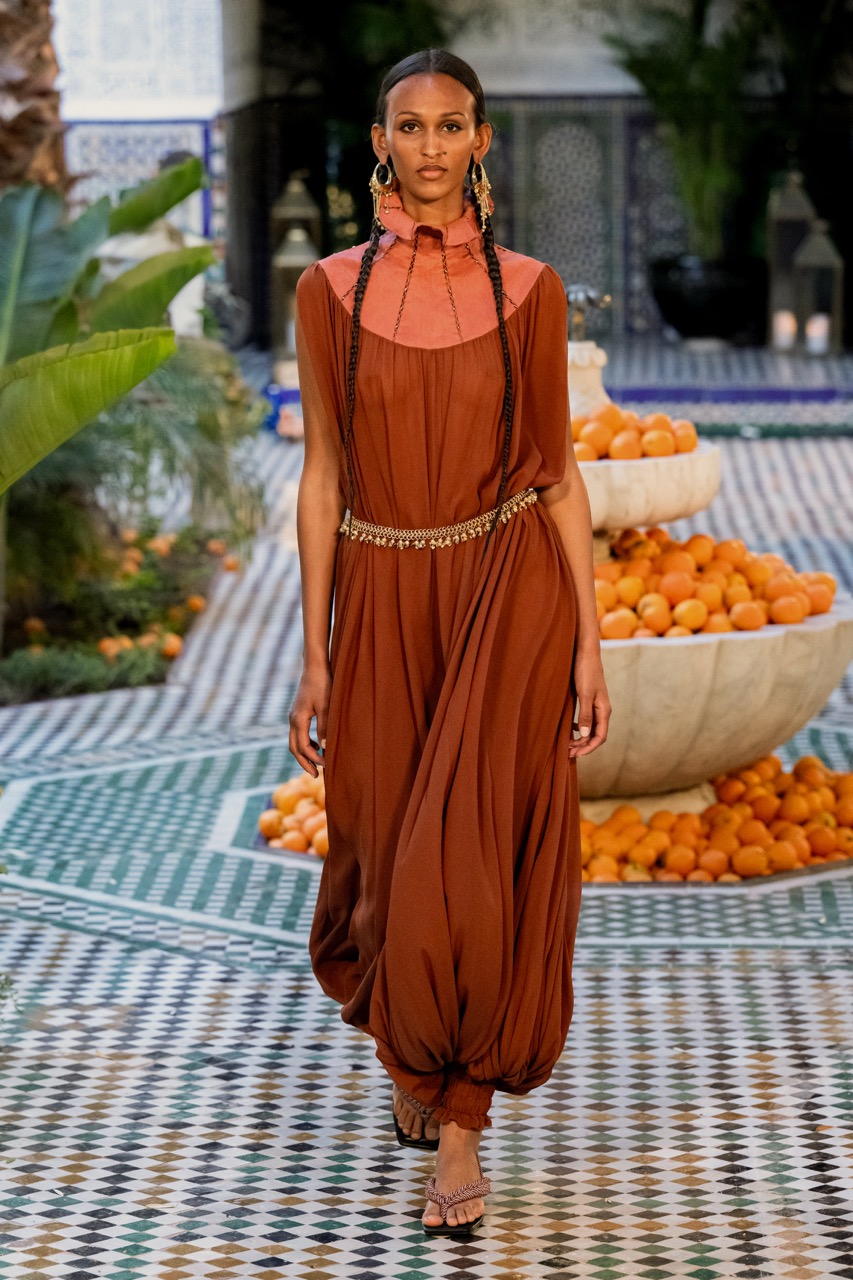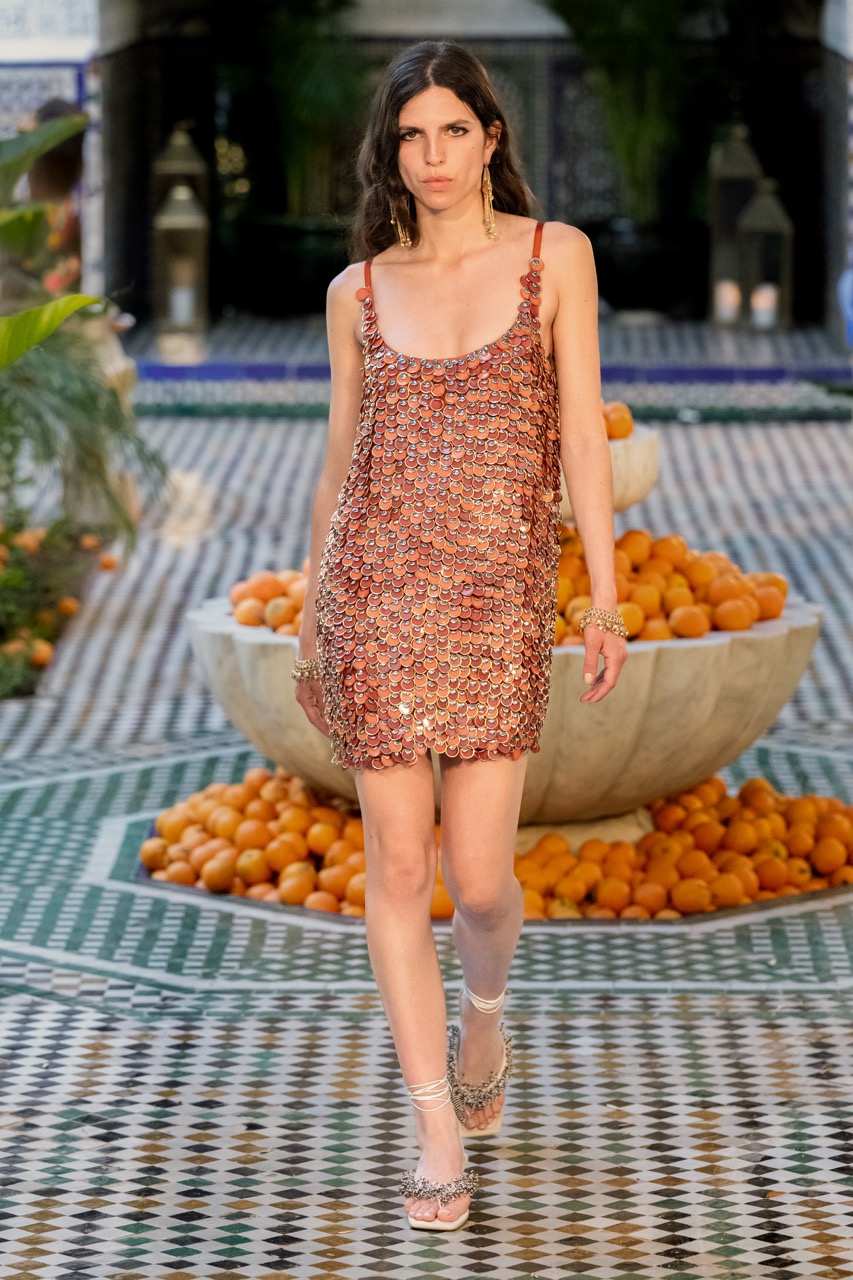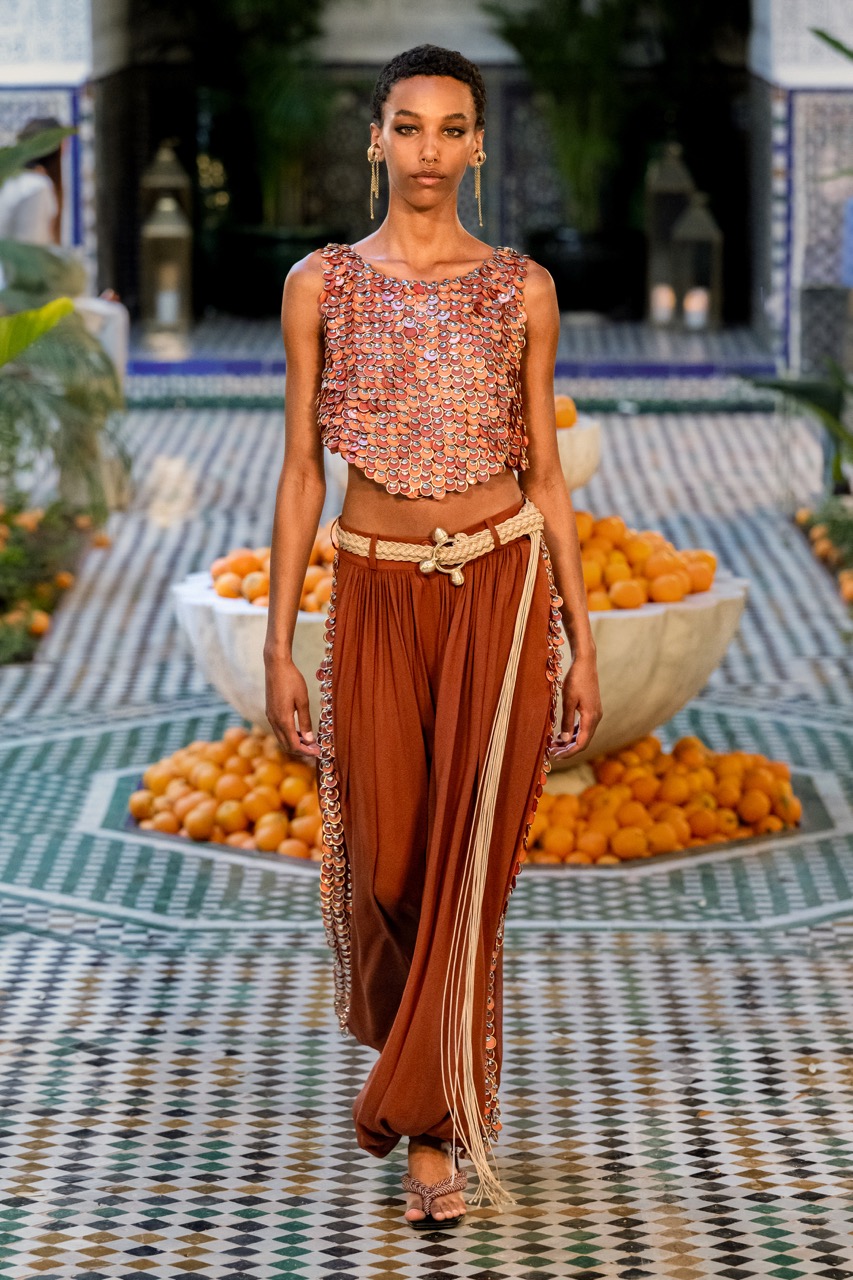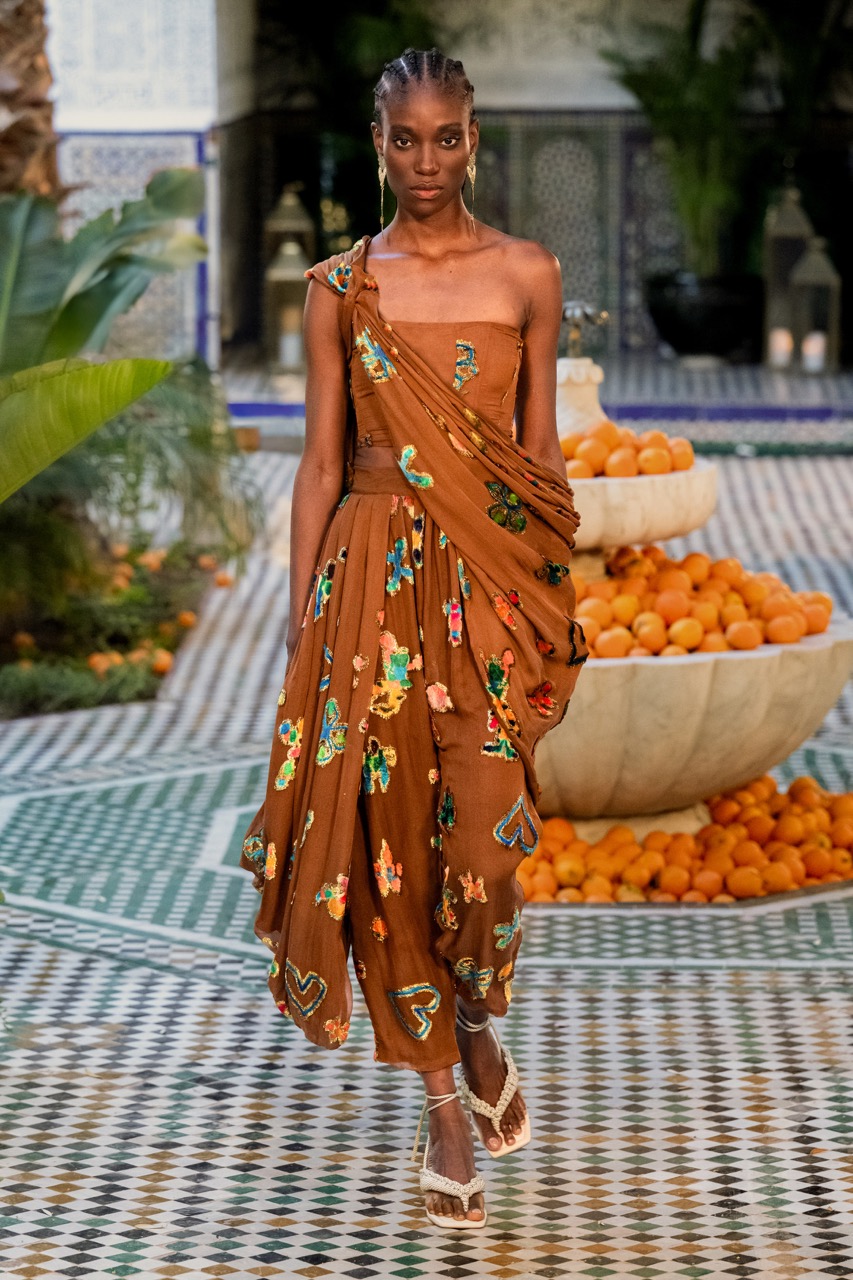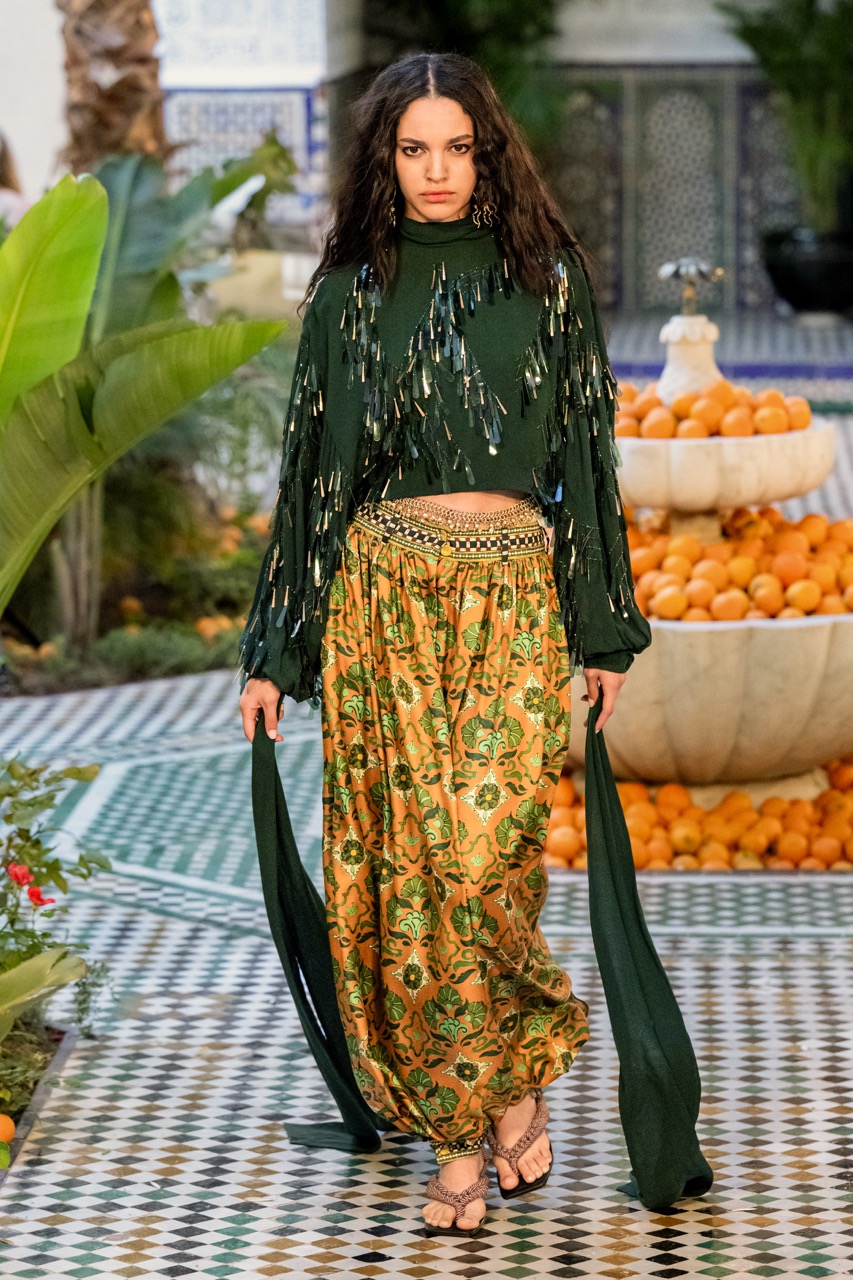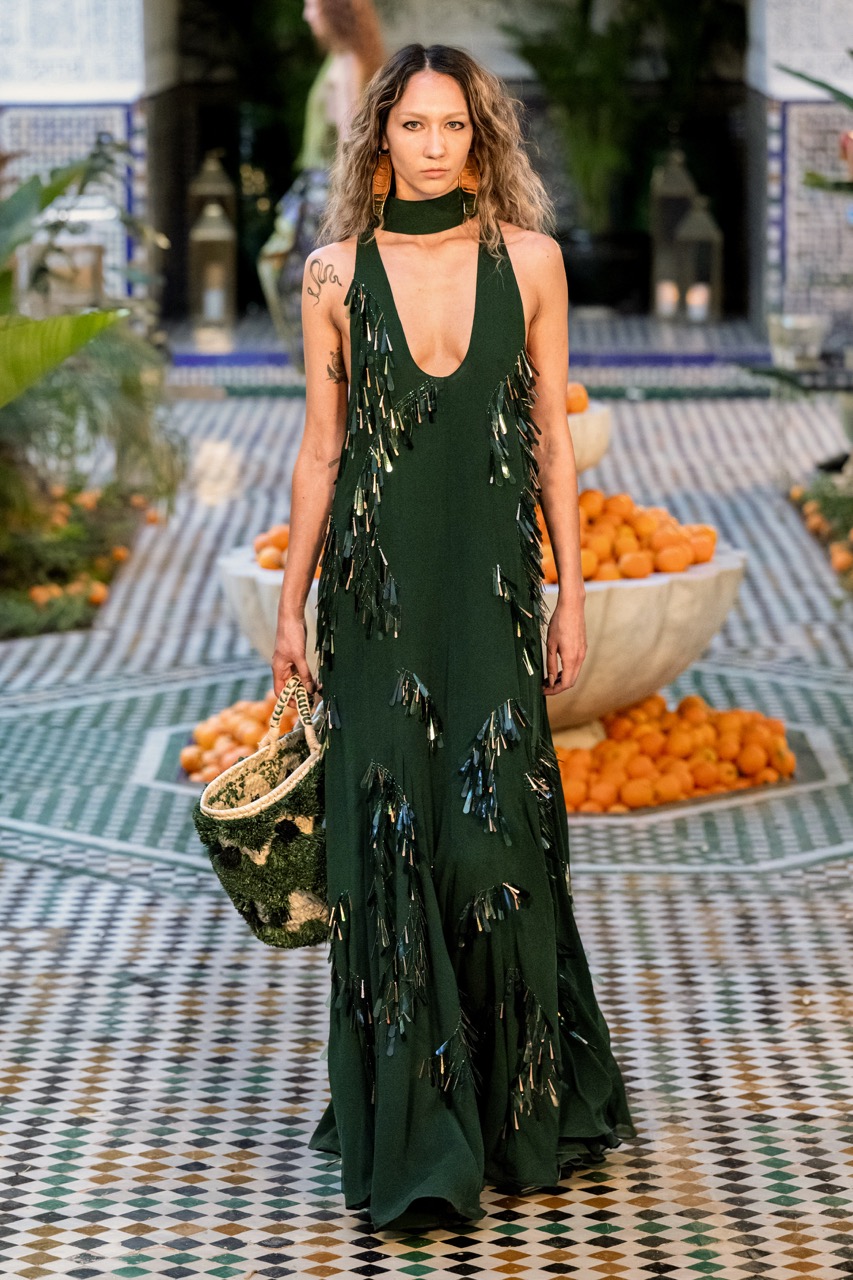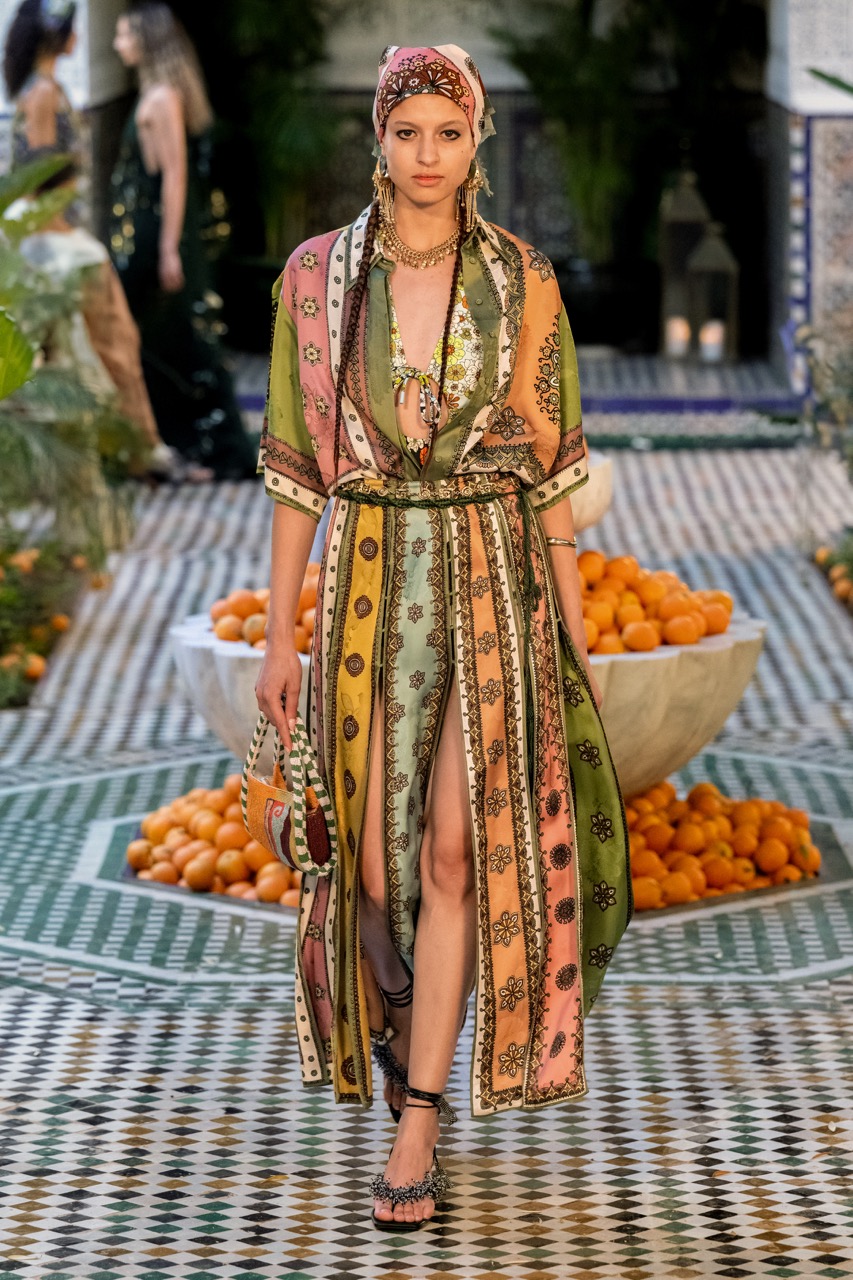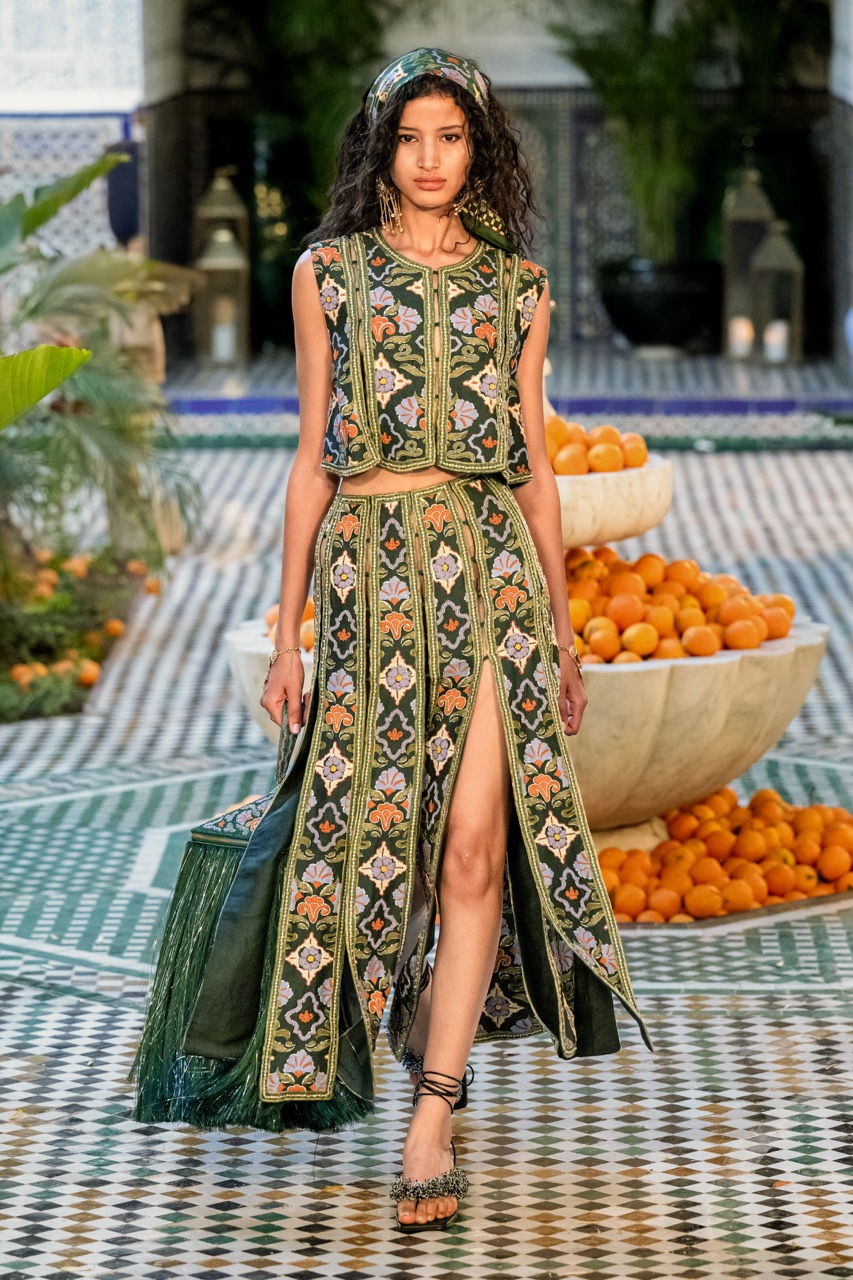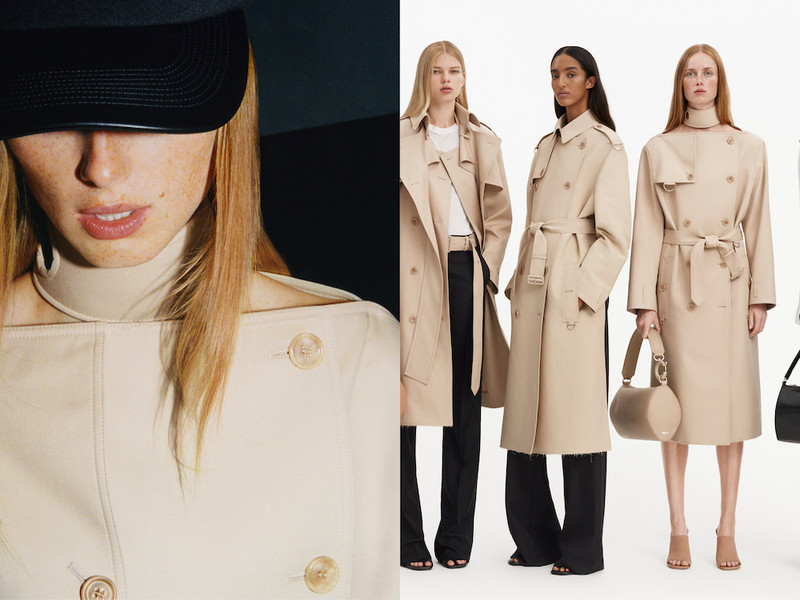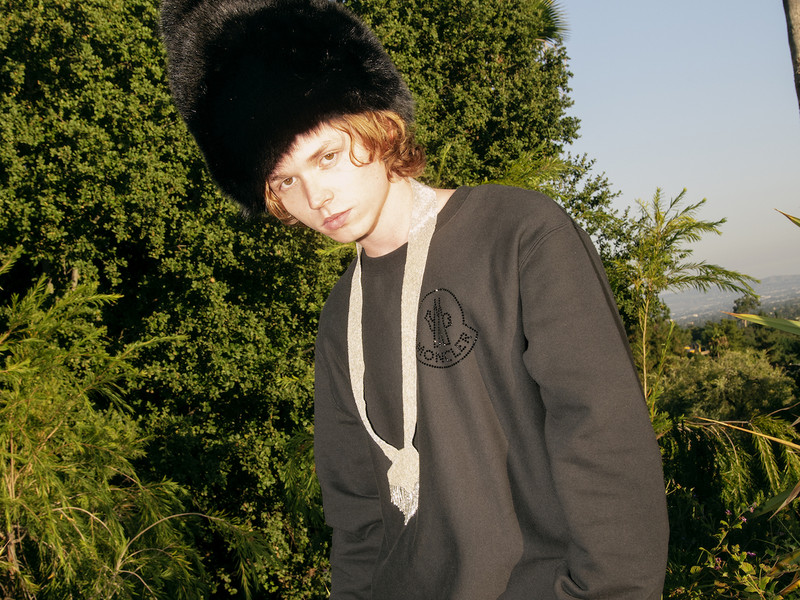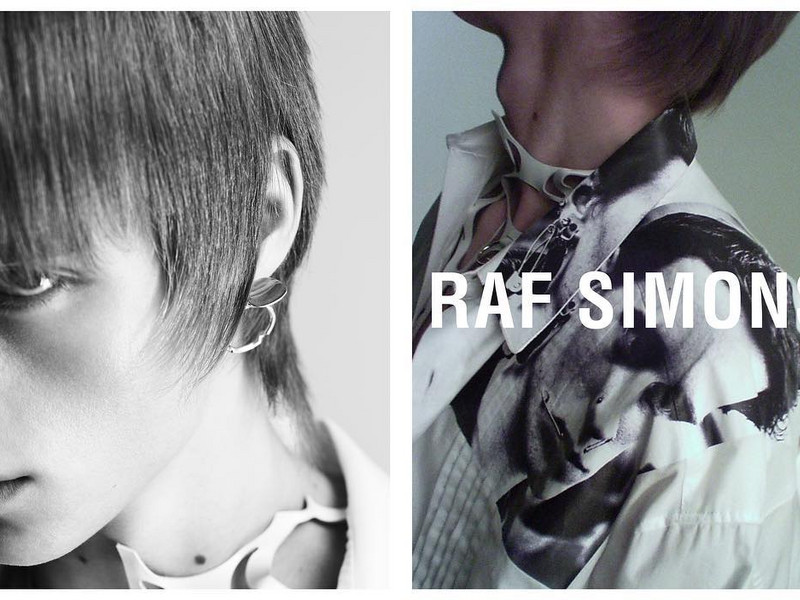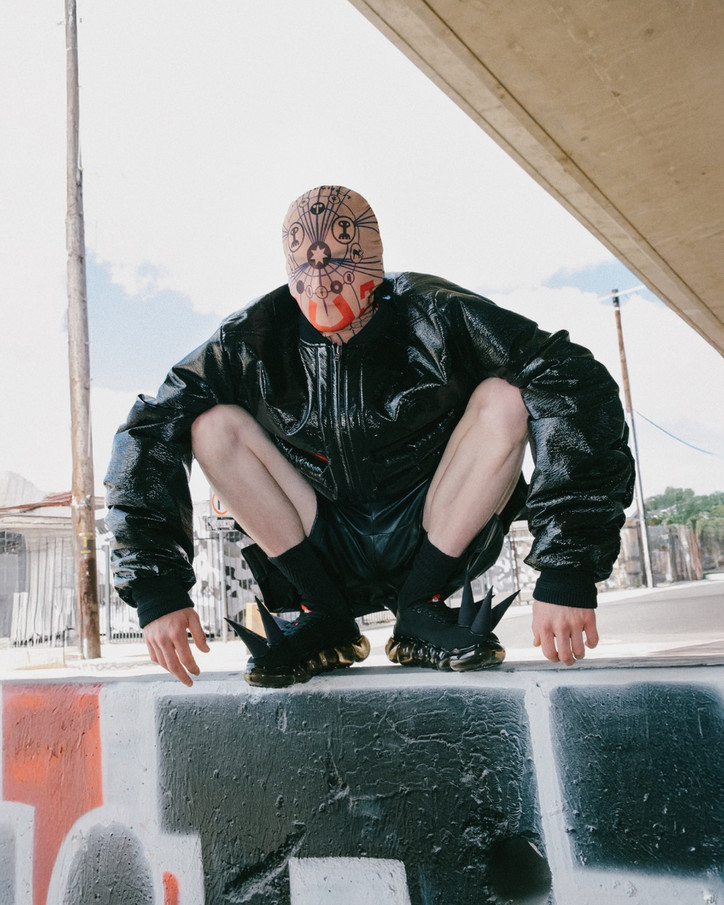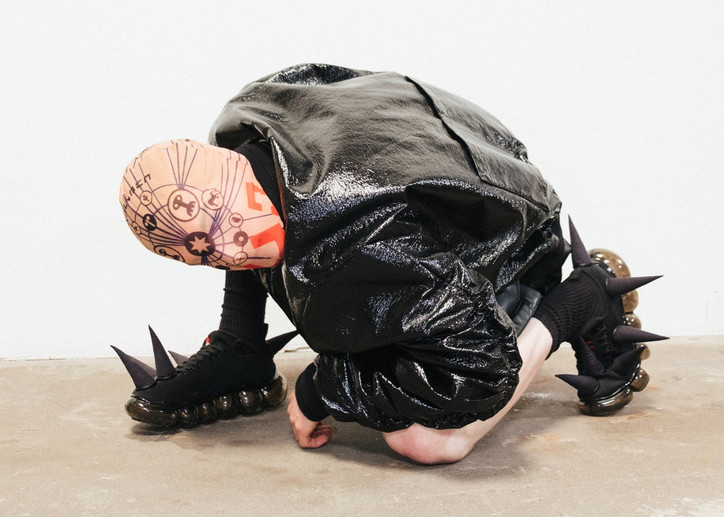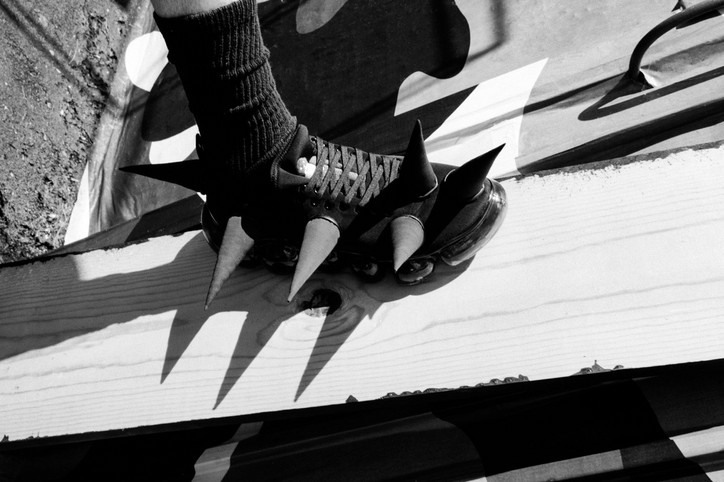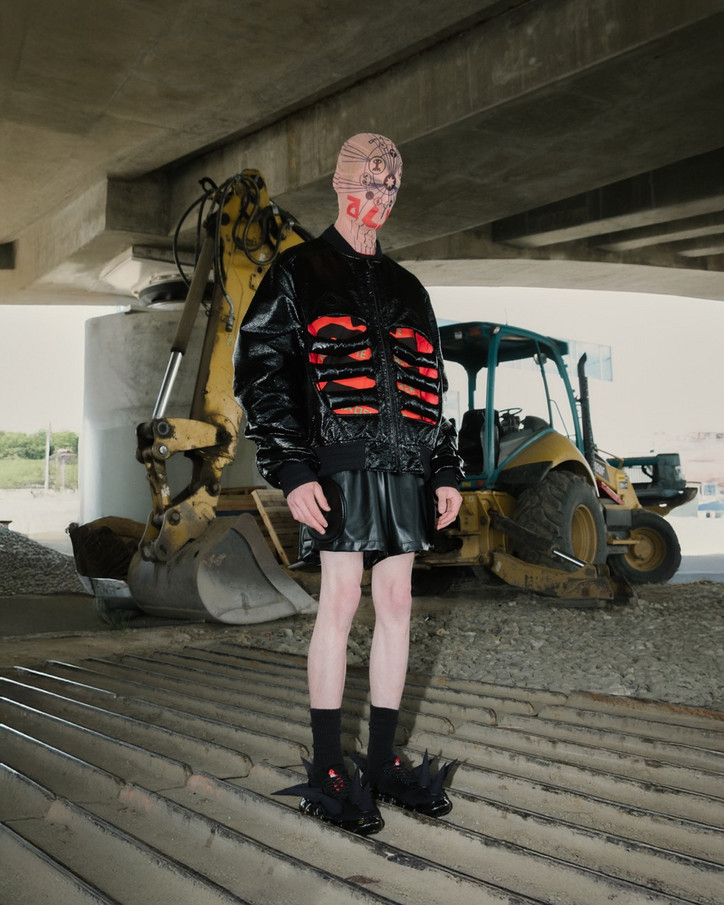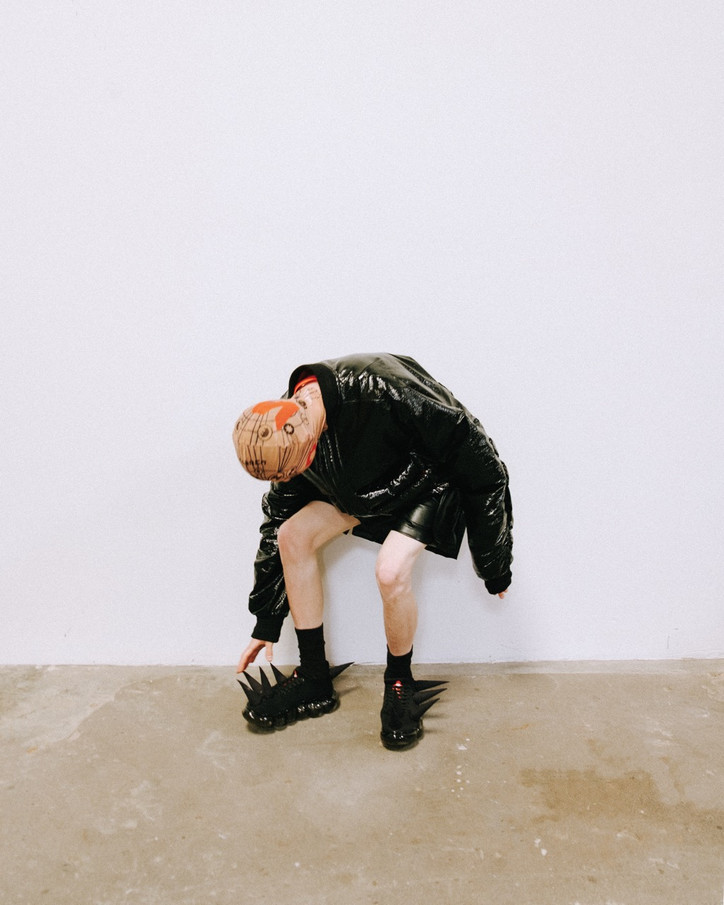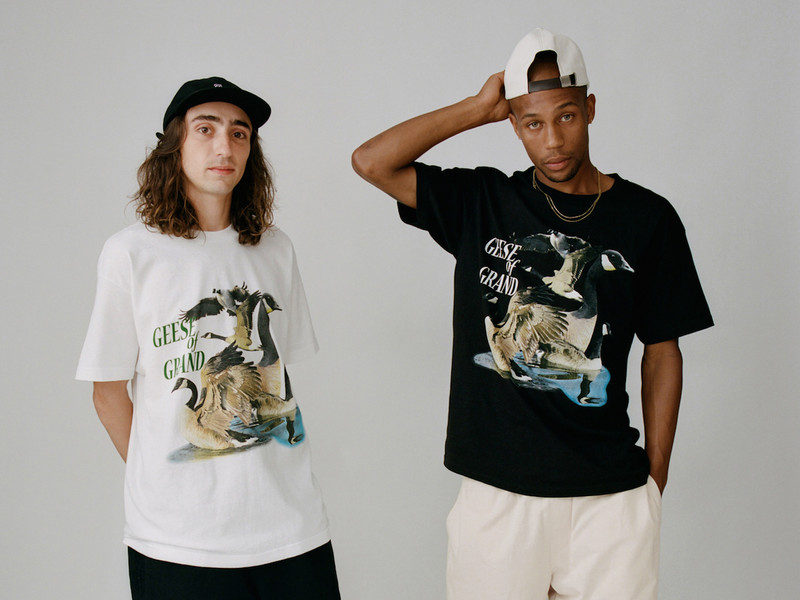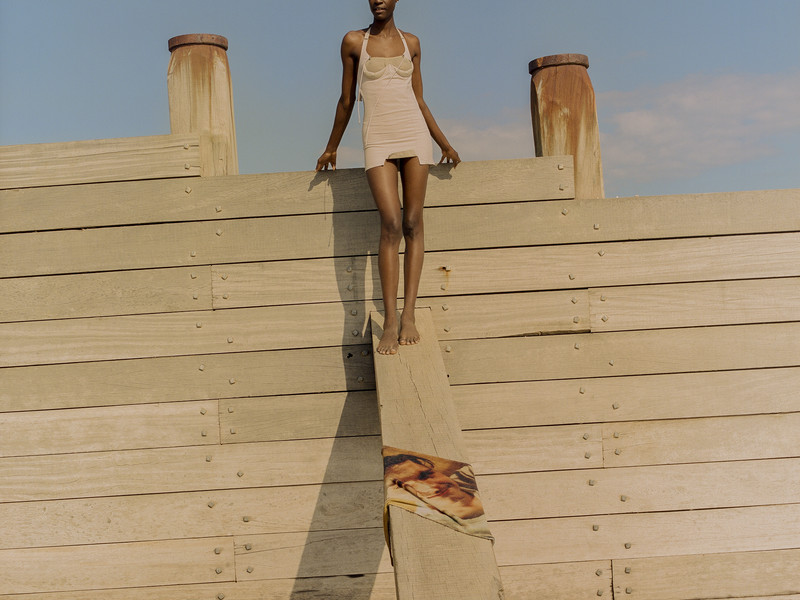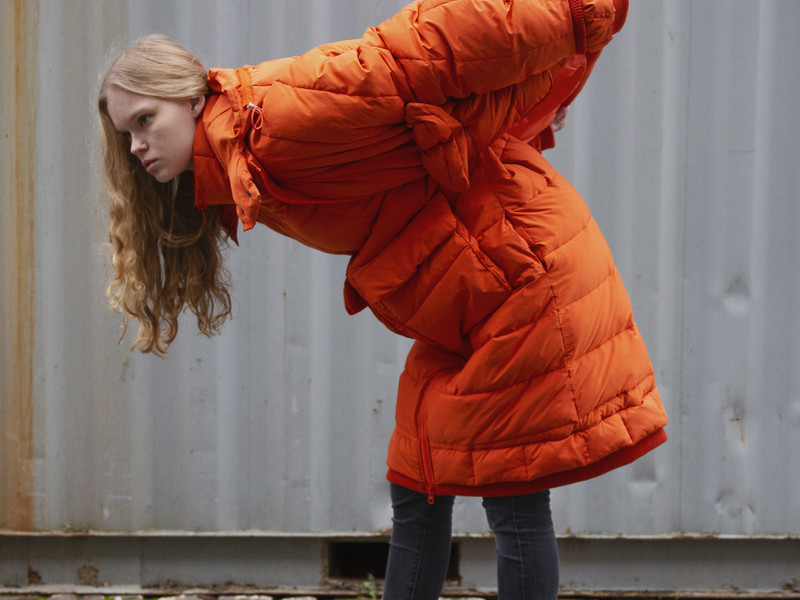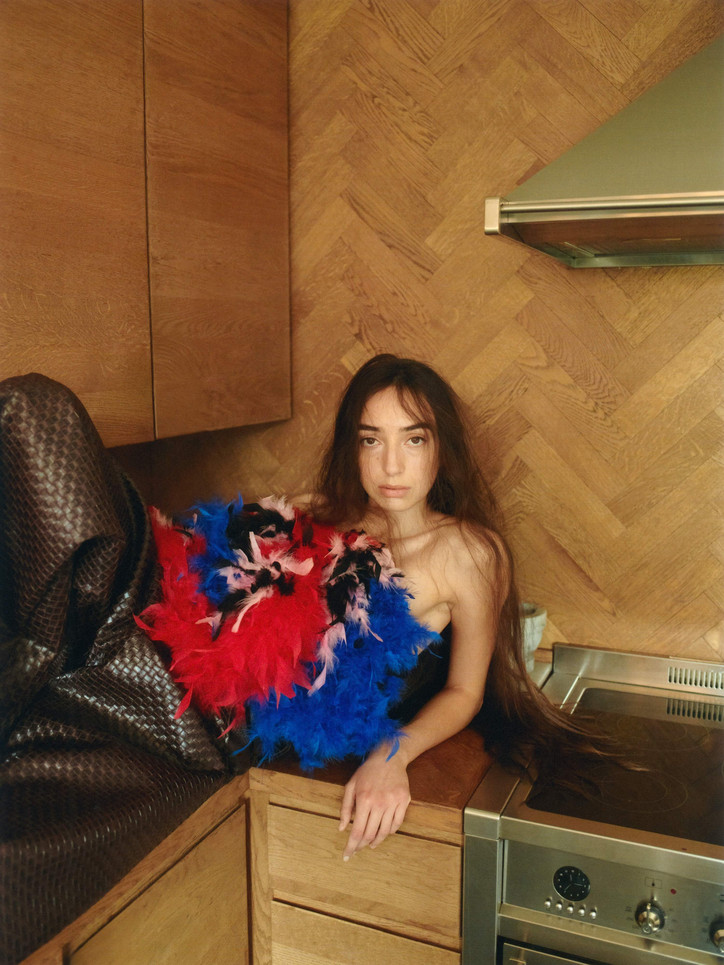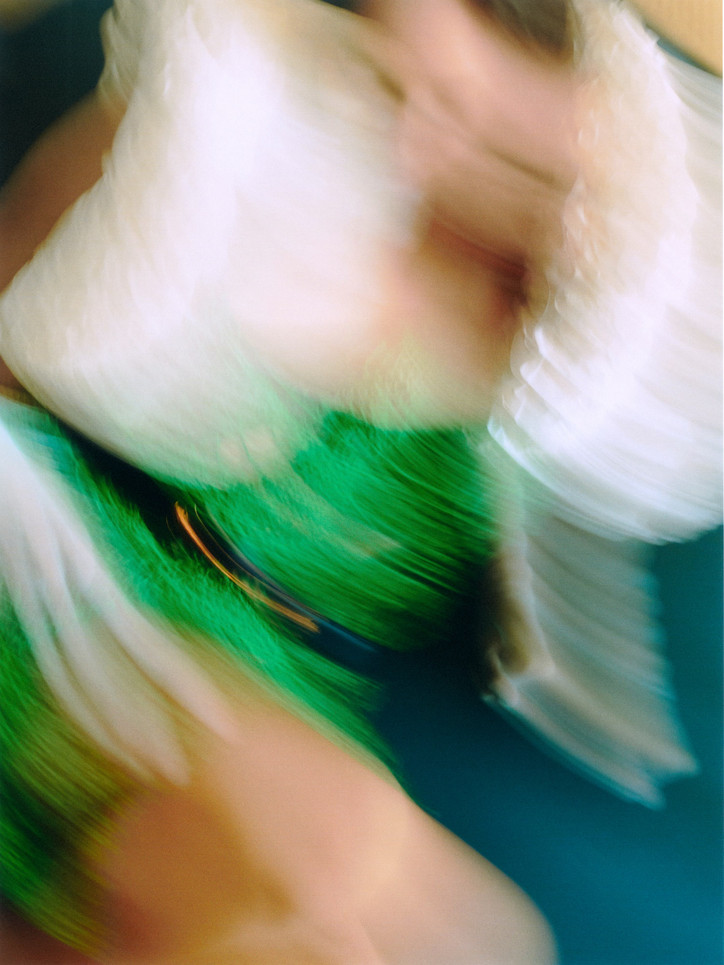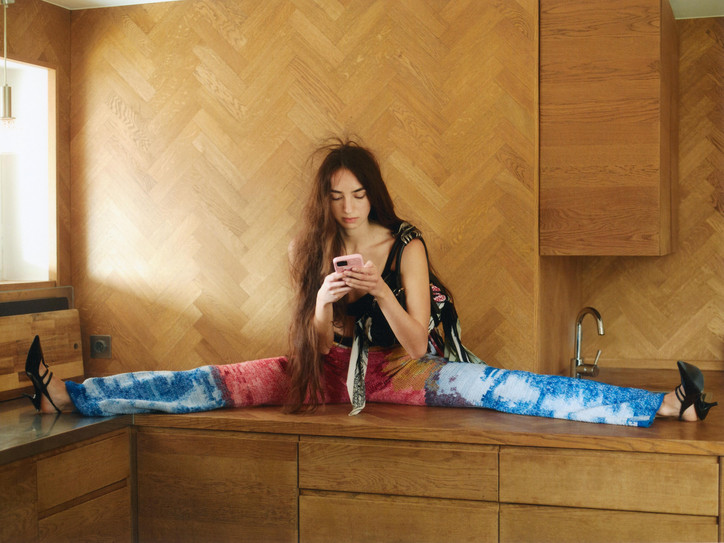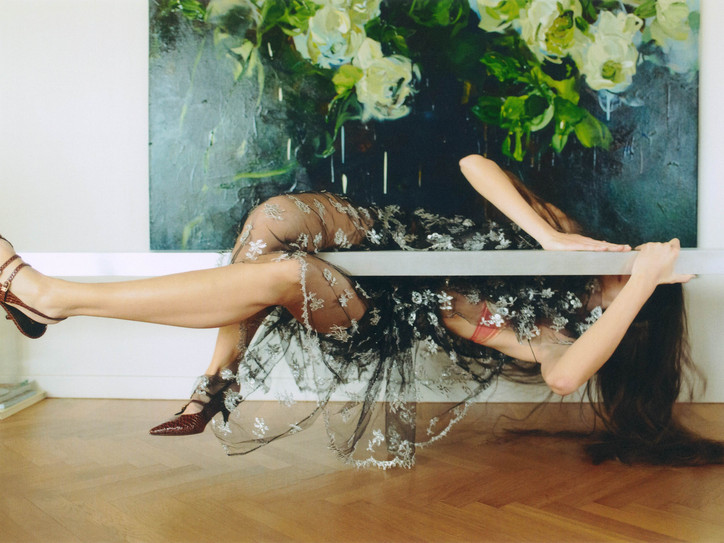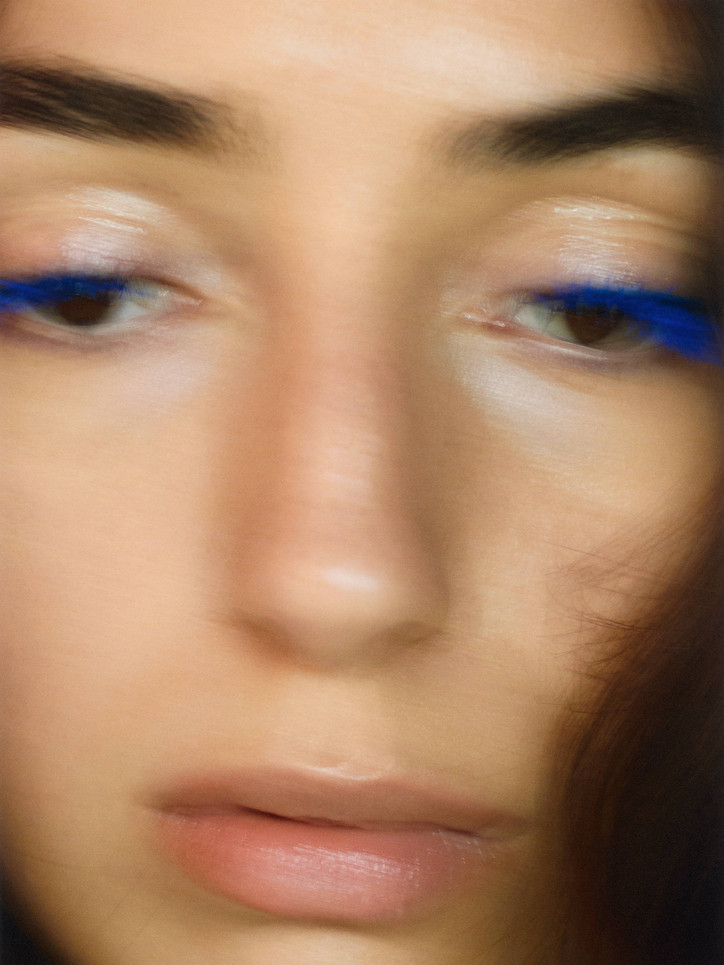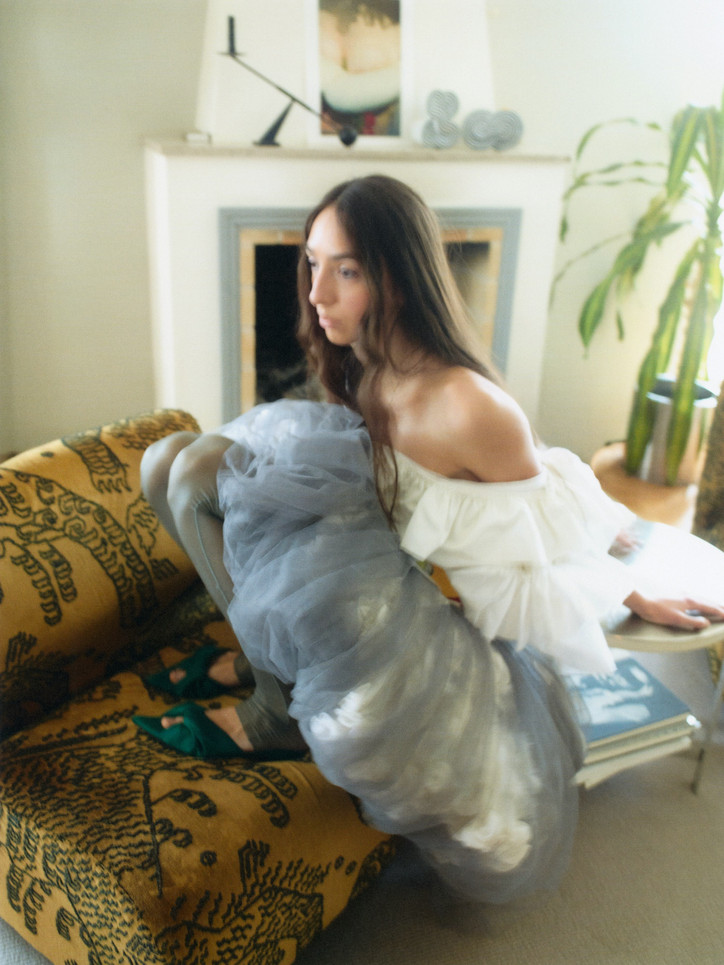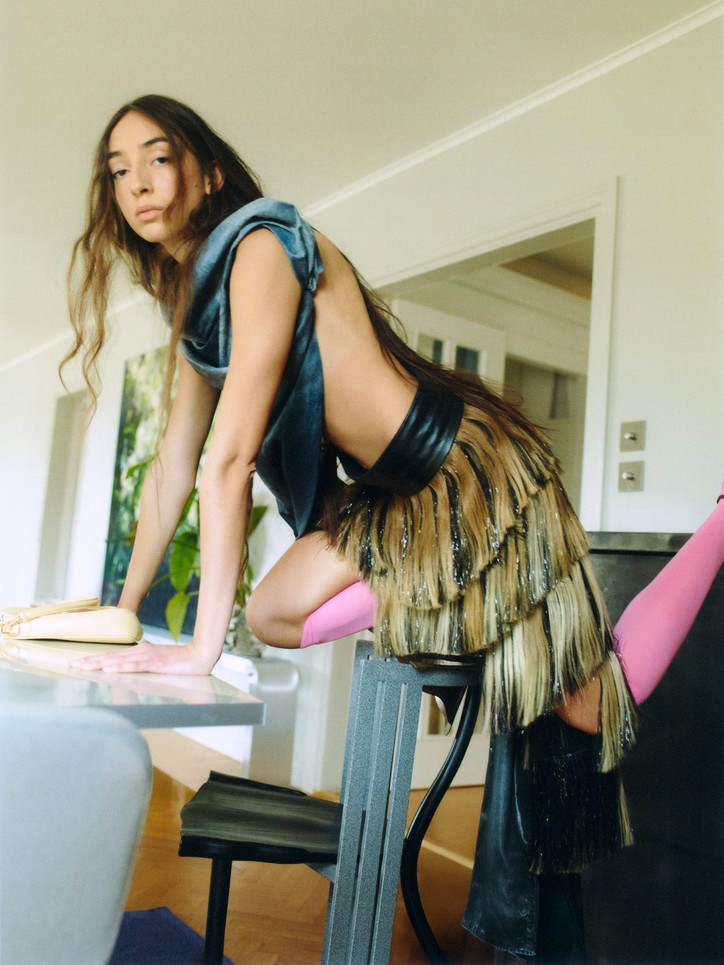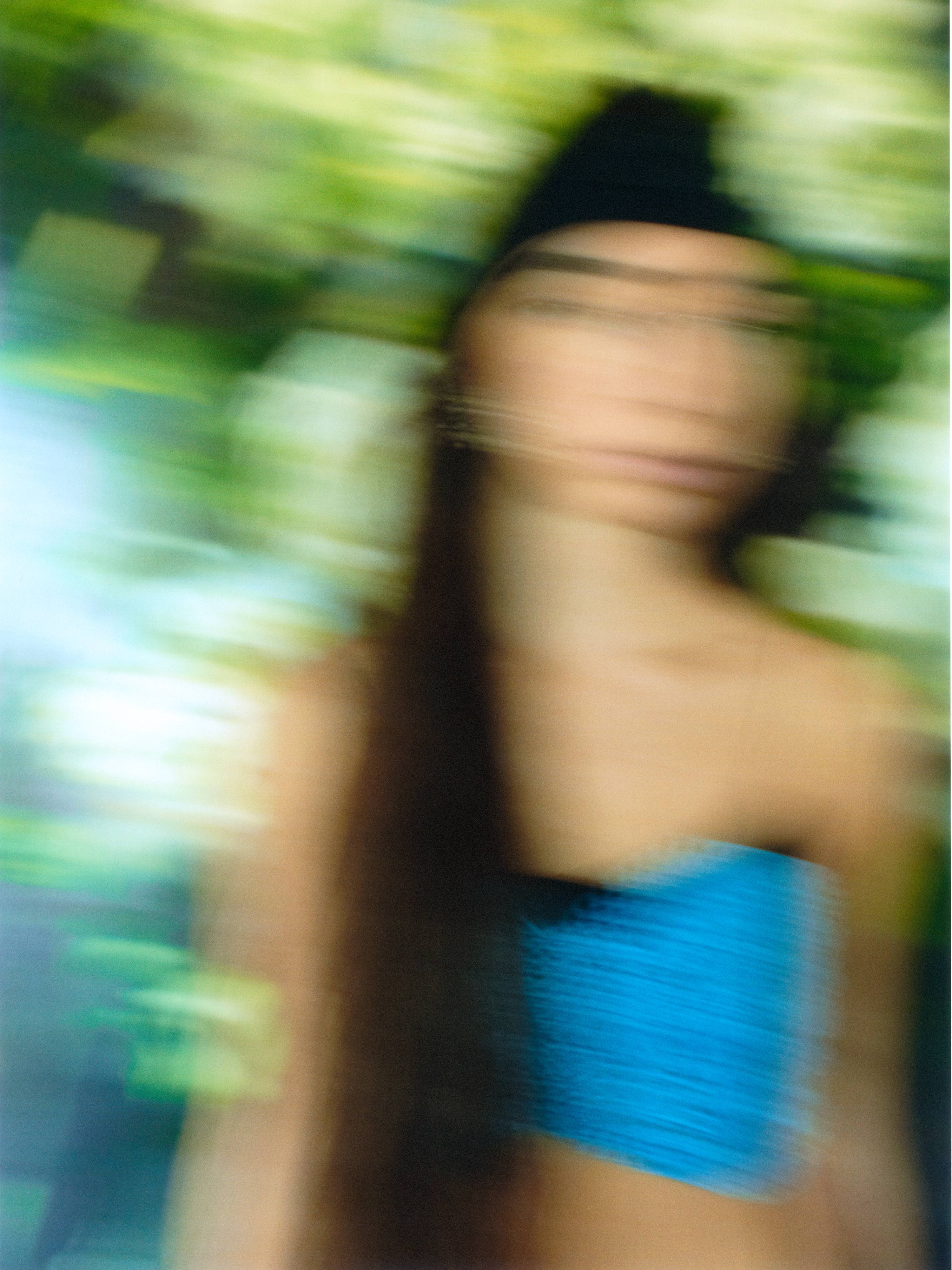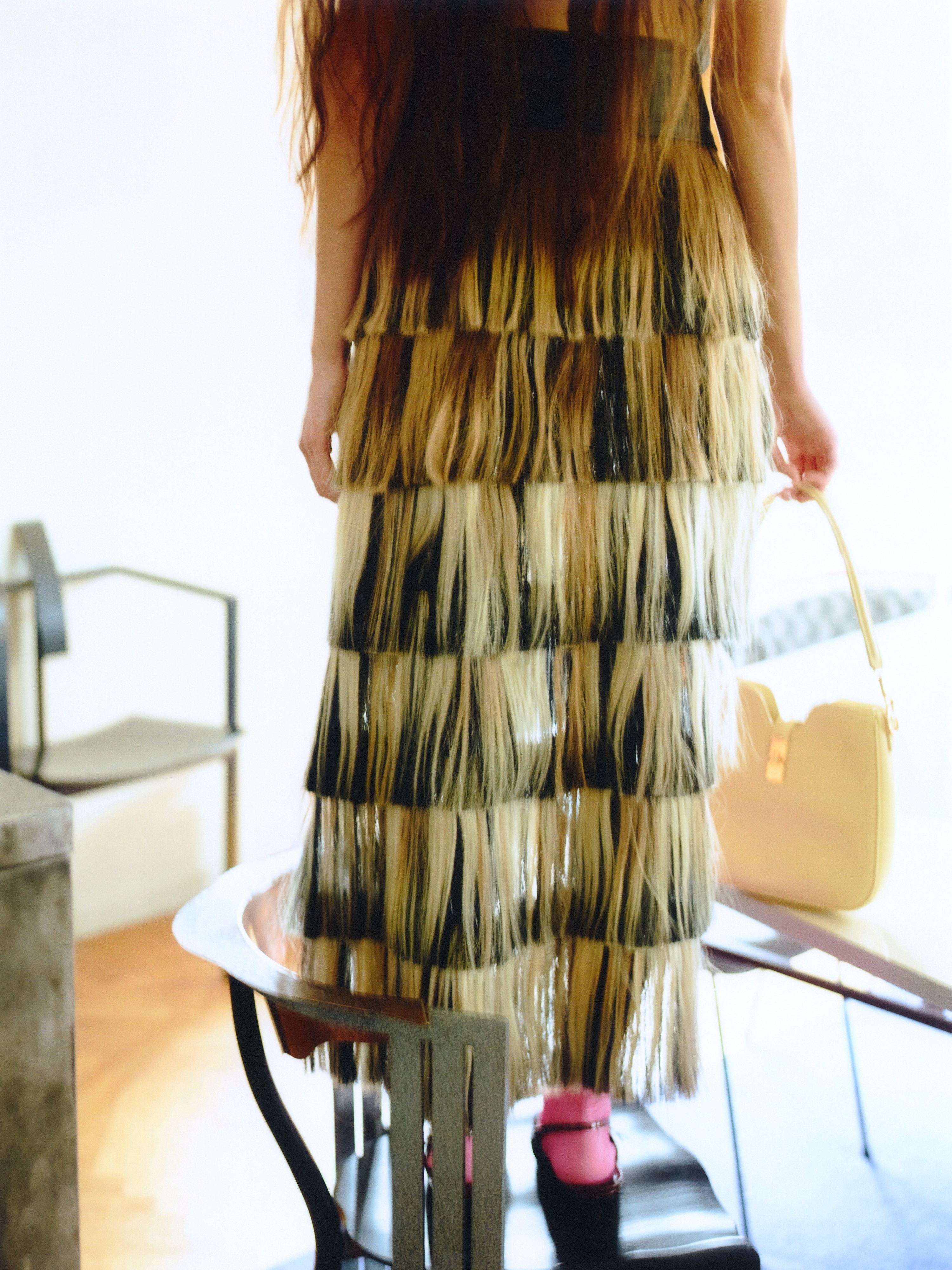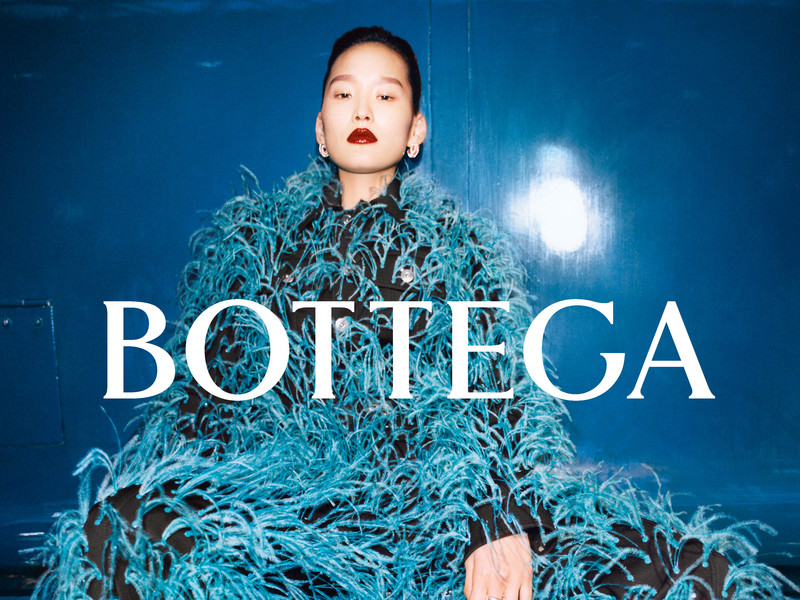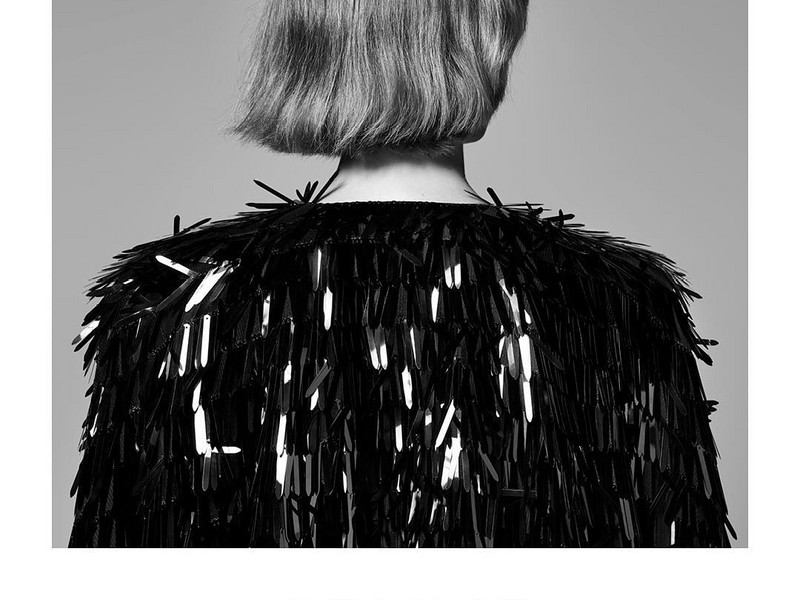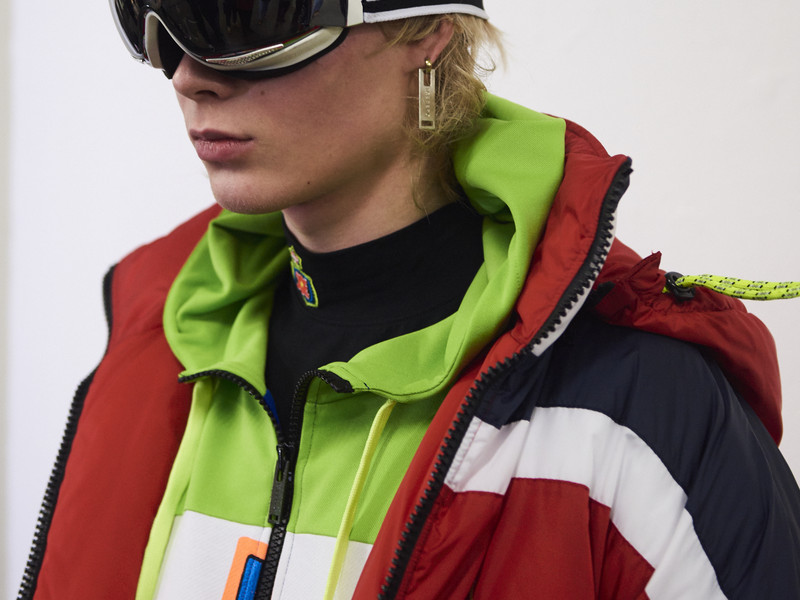It's The End of the World: Do You Need More Clothes?
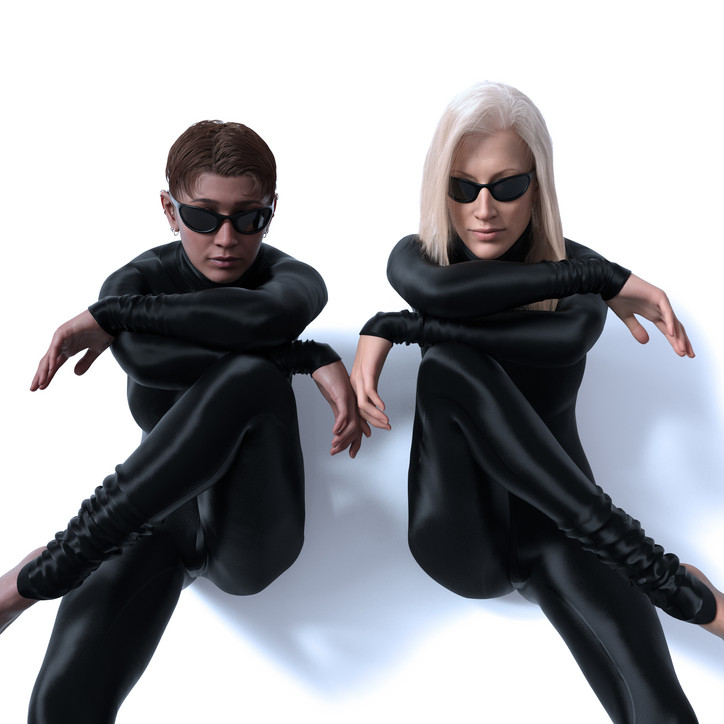
One of the pioneers in the London scene, who has always been poised at the very pulse of LFW and the city's creative movement, is Leanne Elliot Young. Alongside Cattytay, she has founded the Institute of Digital Fashion which is, for lack of better words and at risk of repeating myself: the literal future of fashion. It's a reaction and response to the industry, and the "pain points" it's experienced in it's modernization or lack thereof. For this London Fashion Week I took the time to sit down with the co-founders and discuss their activation for the season, what inspired it, what it's doing for us, and how we, too, can be involved.
What is the importance and purpose of joining "IRL and URL”?
We always want the irl x url to work in unison. At IoDF we do not negate the physical world, but layer it with digital. Our whole launch is about this, a sustainable future that incubates both the physical and digital and doesn’t harm the planet. We want the fashion and tech community to be united, at the moment there is a fragmented space where tech and fashion crowds collide and it’s awkward. We wanted this launch to be open beyond the web3 community, so we launched at London Fashion Week alongside our fashion community. For instance, having a physical activation is just as important to us as an allowlist launch URL. We have billboards and campaigns that blur the lines of the physical and digital and the avatars and the renders look as much IRL as do the physical ones. These are metaphors for the times we are living within. We have also decided to reach out to people to meet IRL give them the Ltd Edition 001 IoDF launch tokens. For us, it’s not about one metaverse but a place where IRL work together, that’s where genuine engagement happens but also the genius and innovations.
Where do you feel fashion or culture has failed on this, and how are you working to join them?
Brands we hear from generally want to replicate the physical world in digital or just drop an NFT, yet for us, the space is about legacy and building a business around that. In regards to creativity, it’s a whole new creative playground. The design teams are different, there are new skills needed but that’s what we love about this boundless place of creativity which still feels daunting and complex to so many brands. Fashion is notoriously slow to change but we are here to put a rocket in that and start blending realities, realities with purpose which are conscious of the environment.
What do you feel are fashion's “key pain points”?
Sustainability, beyond green washing. diversity and inclusion, beyond tokenism. And finally, just being afraid of web3 . There is a change coming and it’s one that puts transparency and community at the heart of everything. The new audience do not consume, they cast judgement, integrate and collaborate . It means a new way of thinking beyond the hierarchical structures.
I feel like London has always been more focused on futurism and standing out, pushing boundaries. In your opinion, how does LFW differ from the rest, and why?
It’s like a small bird with a strong heart beat. London's pace is intense and hyper critical, the wheels spin fast and the carousel of subcultures seem to bubble up stronger here. It’s one of most diverse cities and with such a failing in the political structures that we see real discord emerging which is radical and hungry for change. We also have Fashion East’s Lulu at the helm pushing for new ideas and thinking/ making on a cultural level alongside csm who really pushes critical thinking . That alongside the rise of groups on Instagram and Discord that are asking big questions in their micro groups.
You say we need creativity, not clothes. How do you define fashion outside of clothes themselves?
Fashion is the culture of our times, we want to embrace this and look beyond the structure we know at the moment. Our 001 launch is a chance to enter that! Right now, the planet needs to come first, the world is in a sociopolitical environmental crisis 360, but we need to still express ourselves. Being ‘fashionable’ is that expression and creativity. Digital fashion is a chance to do that without harming the planet, we can sell a digital garment. Digital garments produce 97 per cent less CO2, and saves 3,300 litres of water per garment on average versus physical garments. Our LFW launch will mark the beginning of the change starting with the question ‘at the end of the world do you need more clothes?’ Calling on our community to take action and subscribe to a new future. Digital fashion is shifting the structures of consumerism. We are asking audiences to reevaluate their need for physical consumption. If we can balance the drive and need for newness and creative expression with the usage of a digital asset rather than a physical then we are driving change.
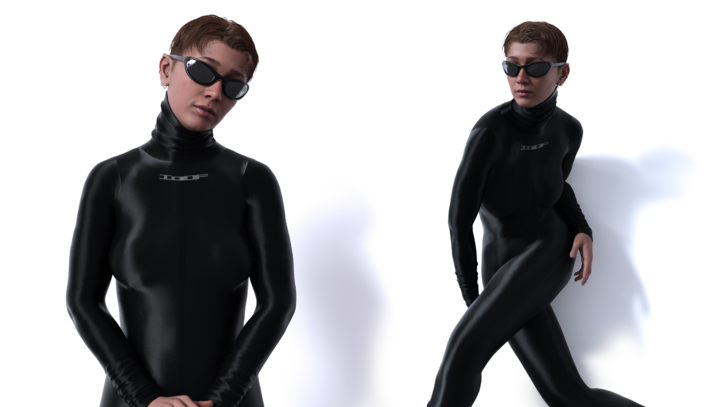
How can those outside of LFW engage with your project?
It’s about exactly that calling for collective action which is why we launched through so many channels: Billboards, fly posters; our campaign; a solar panelled electric van rolling through the streets, drones, Discord, Twitter, Instagram and IRL meet ups. We want this to be a hand raise to a new future and a diverse inclusive one : Not just limited to one fashion week but a legacy of change.
How are you a part of the change, or difference?
We stand for change and are here for build a new ecosystem that’s what 001 allow list is, so subscribe.
